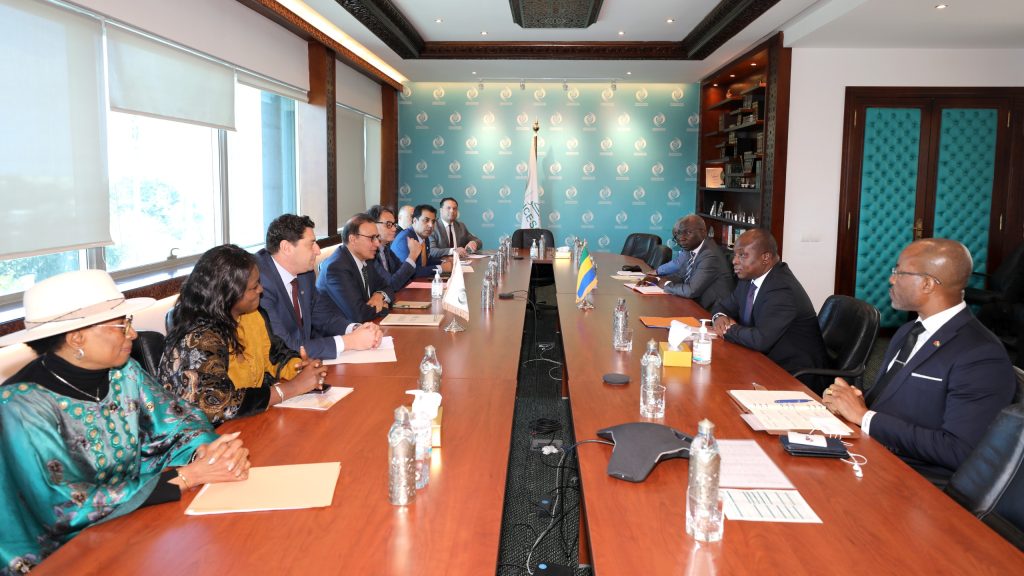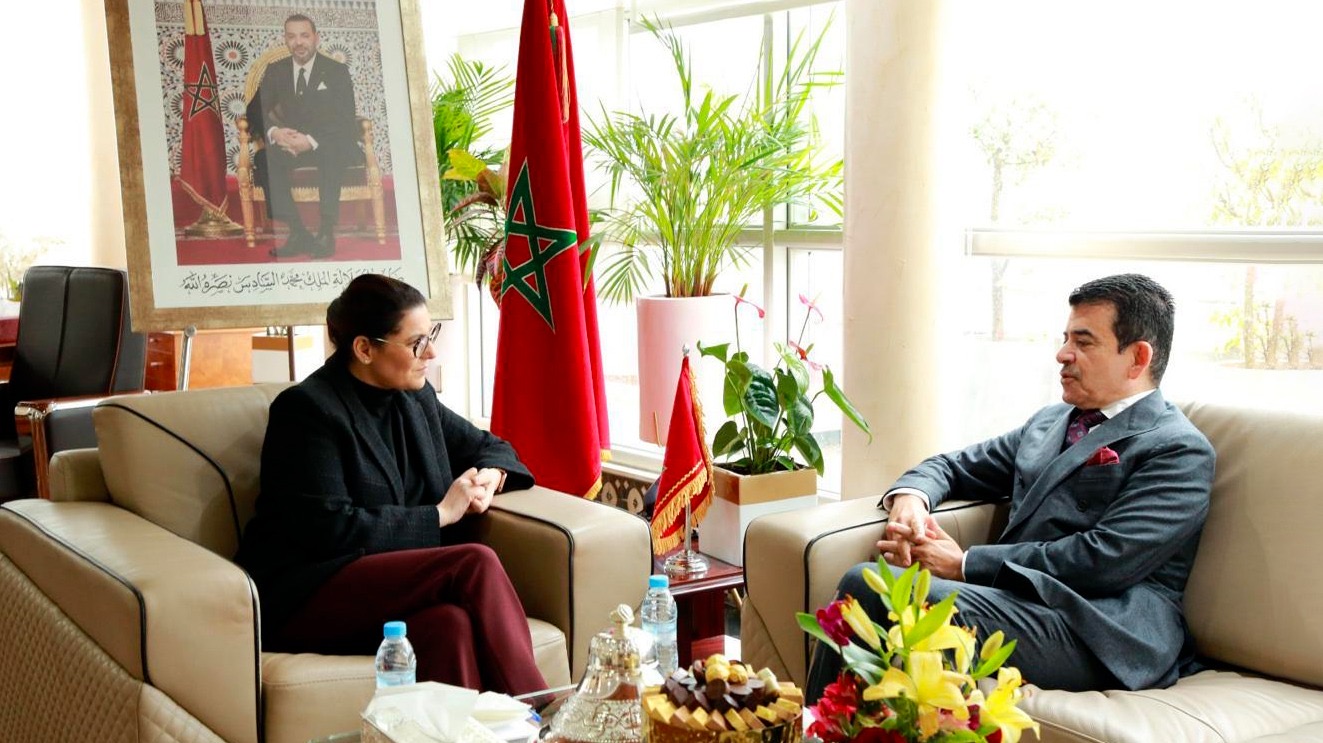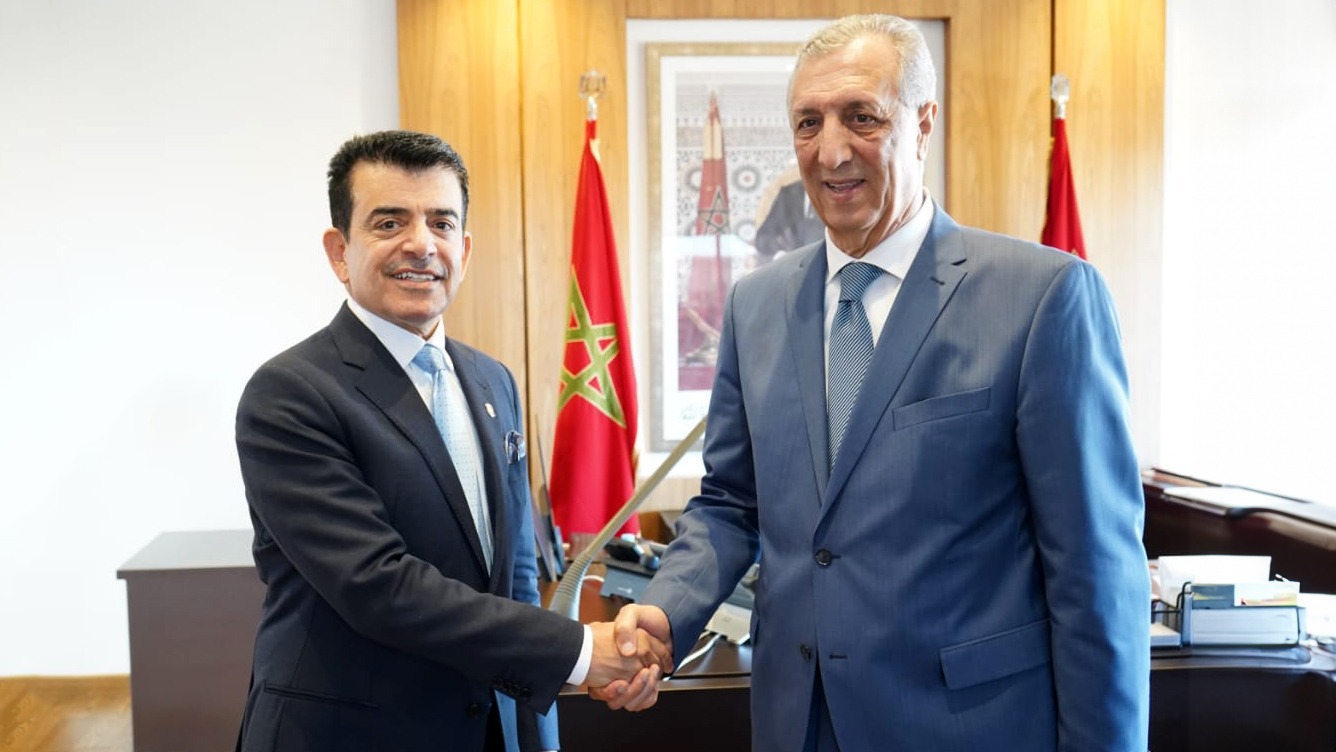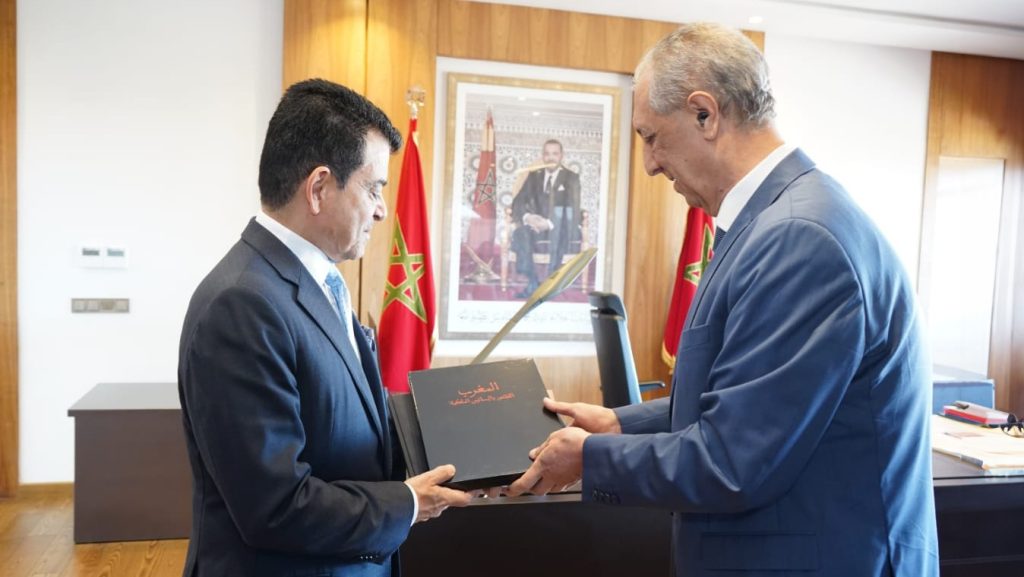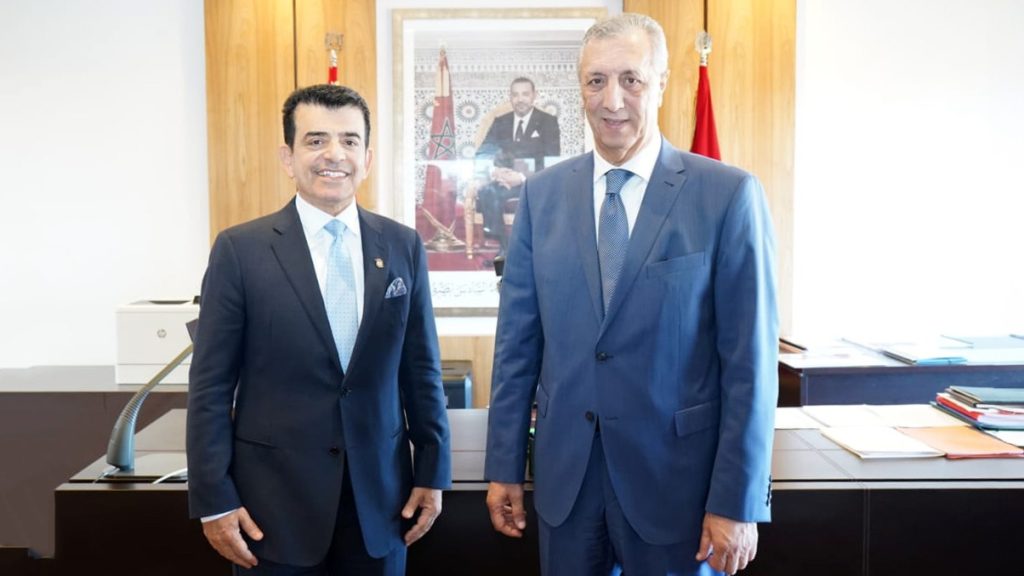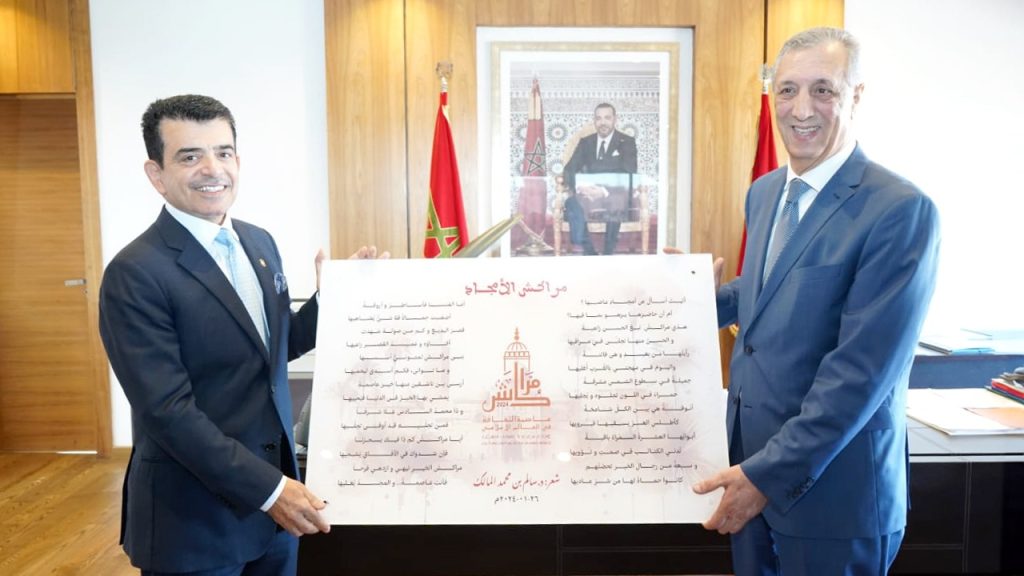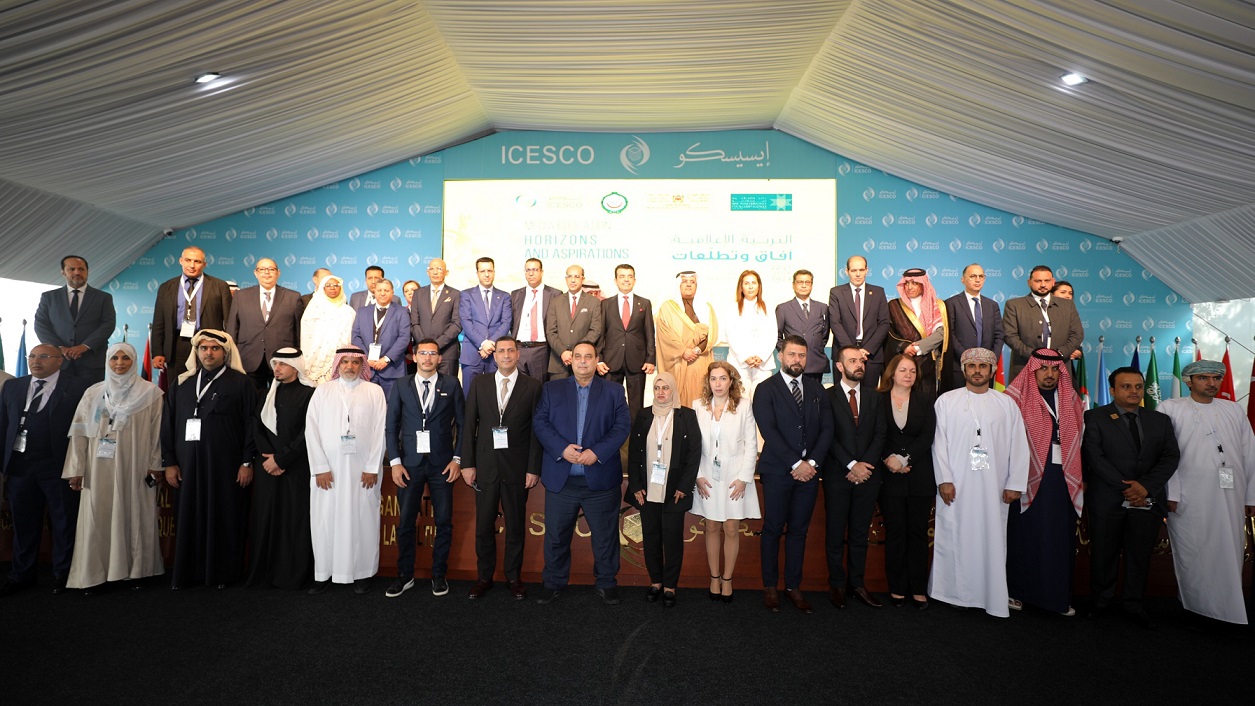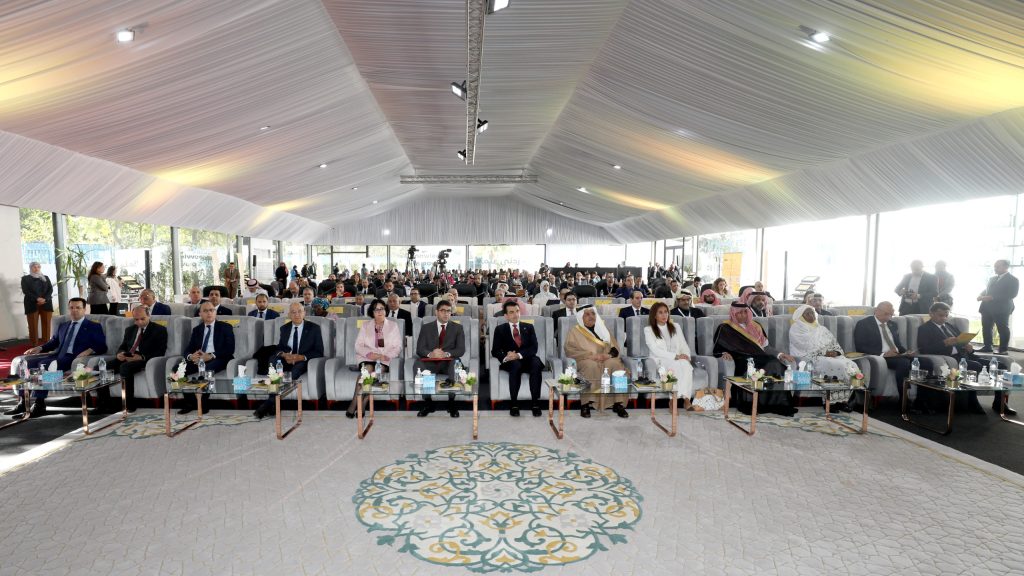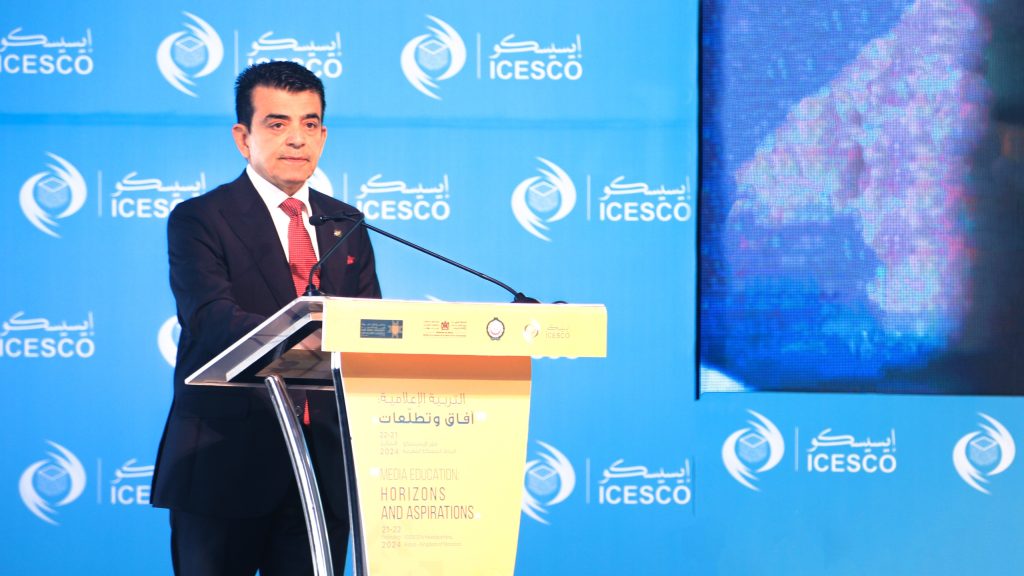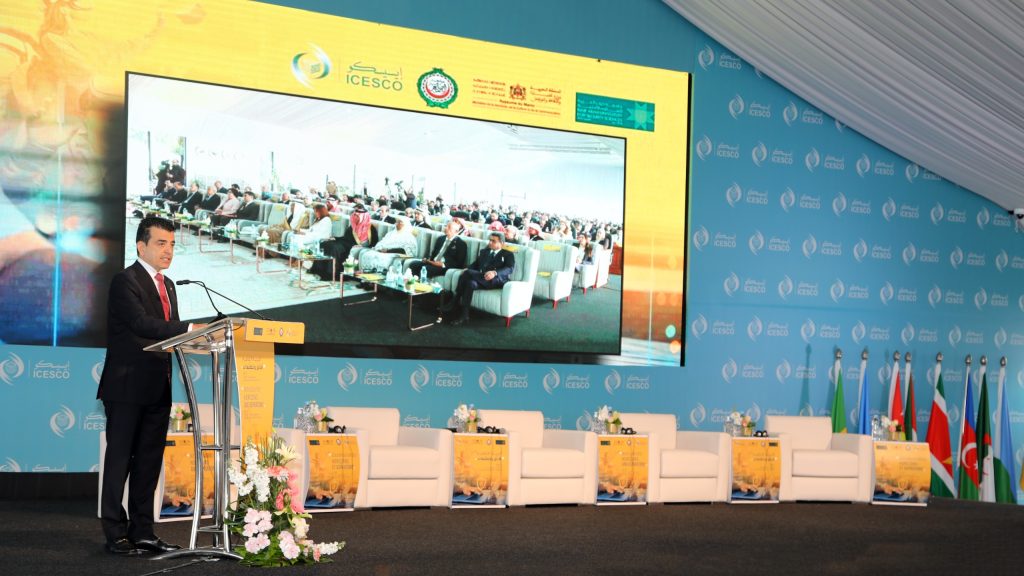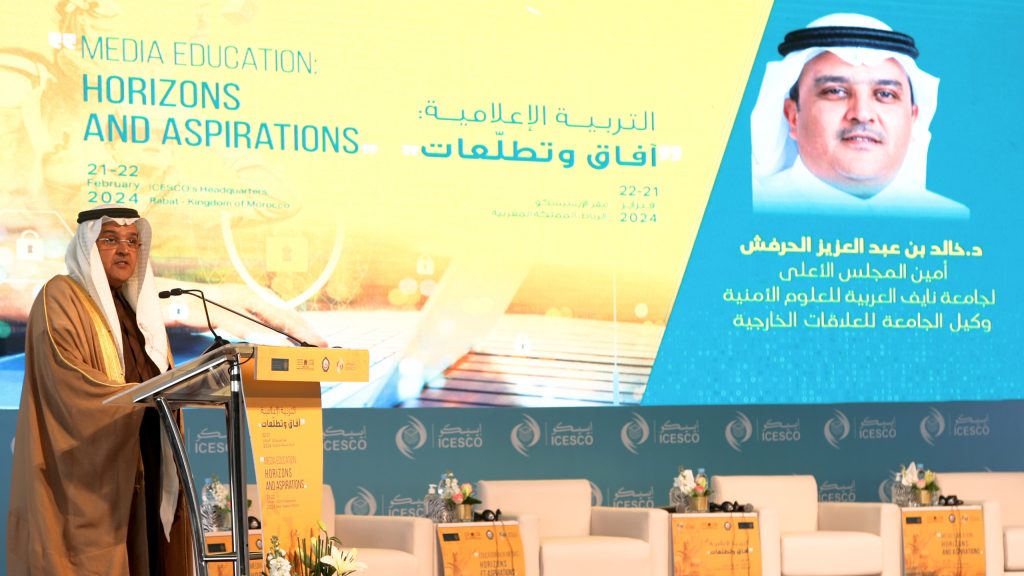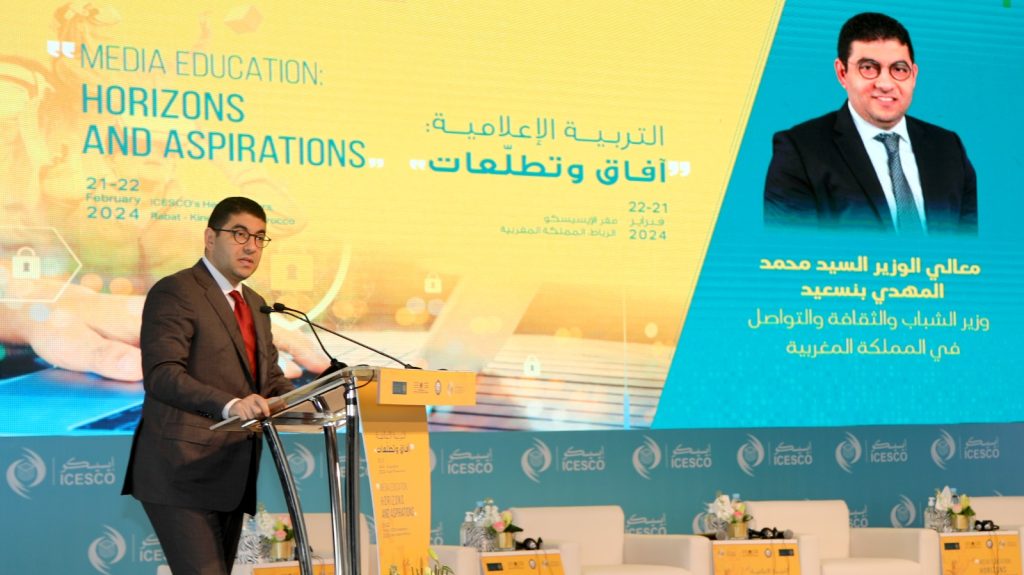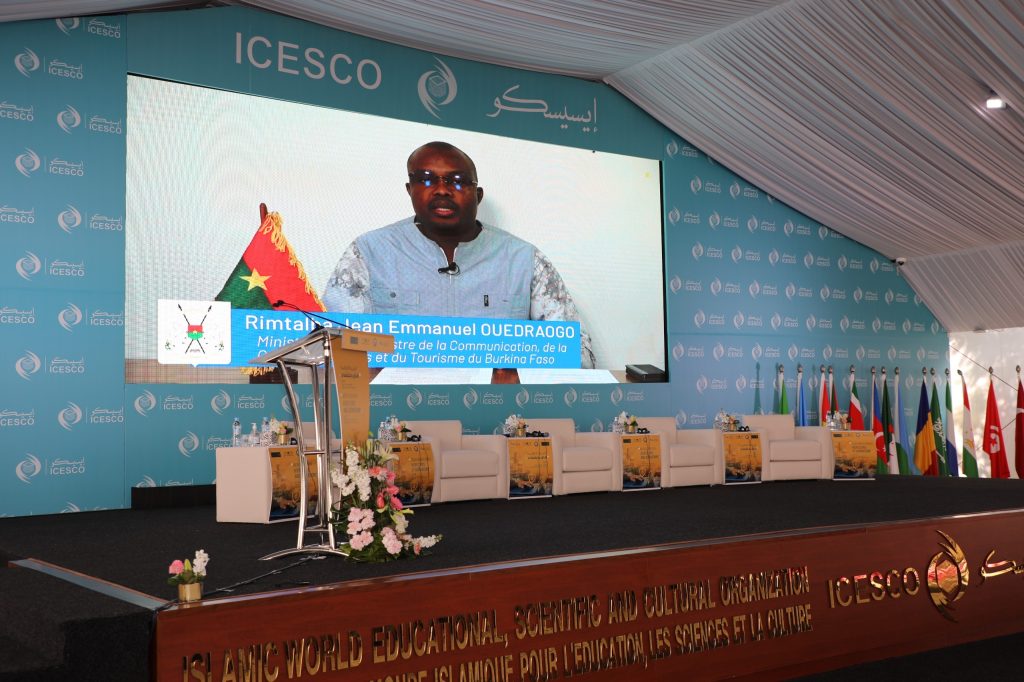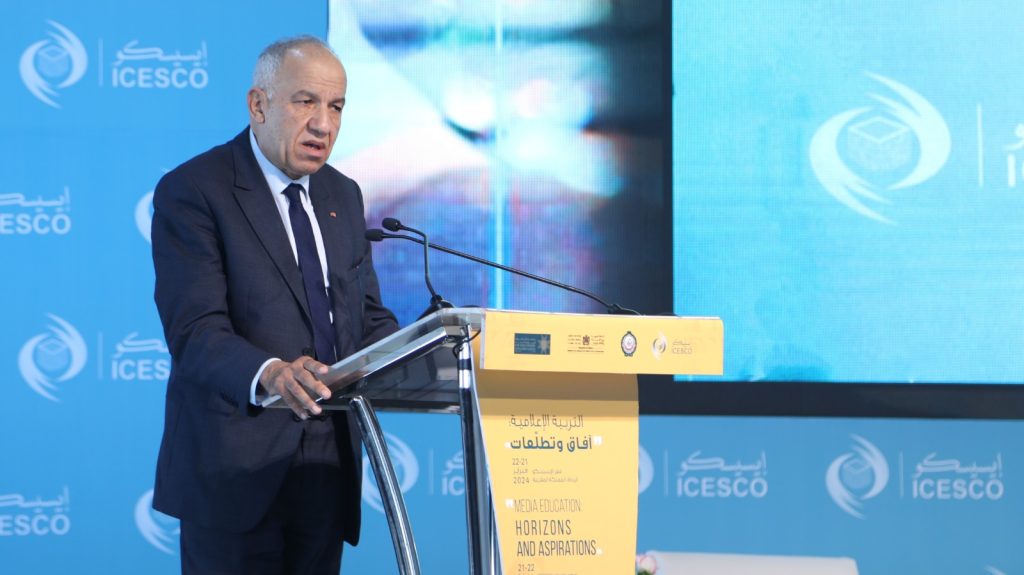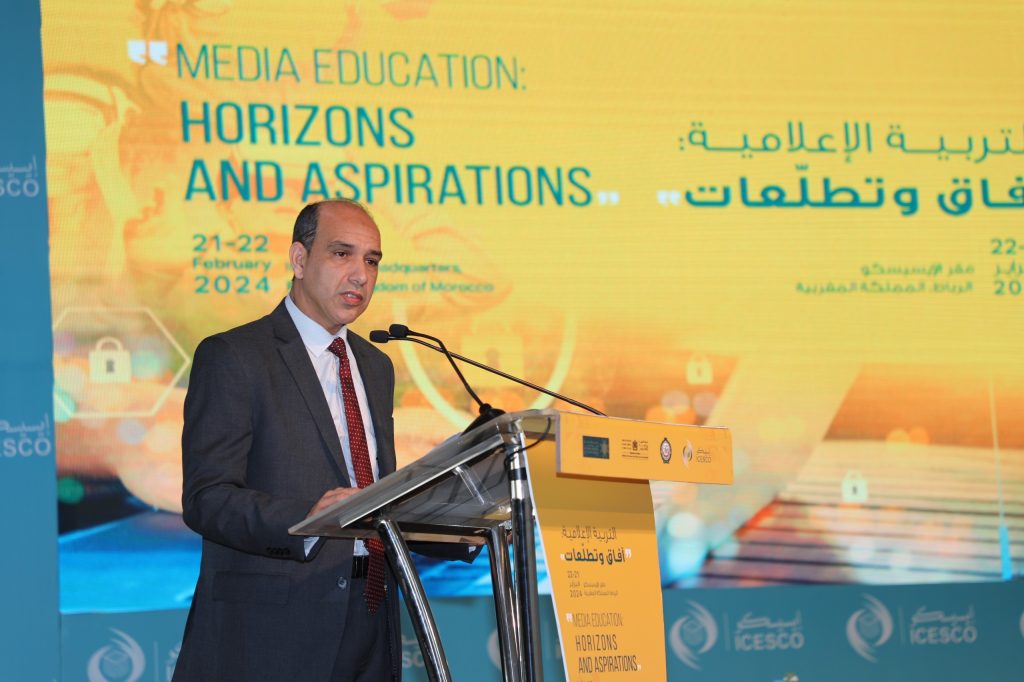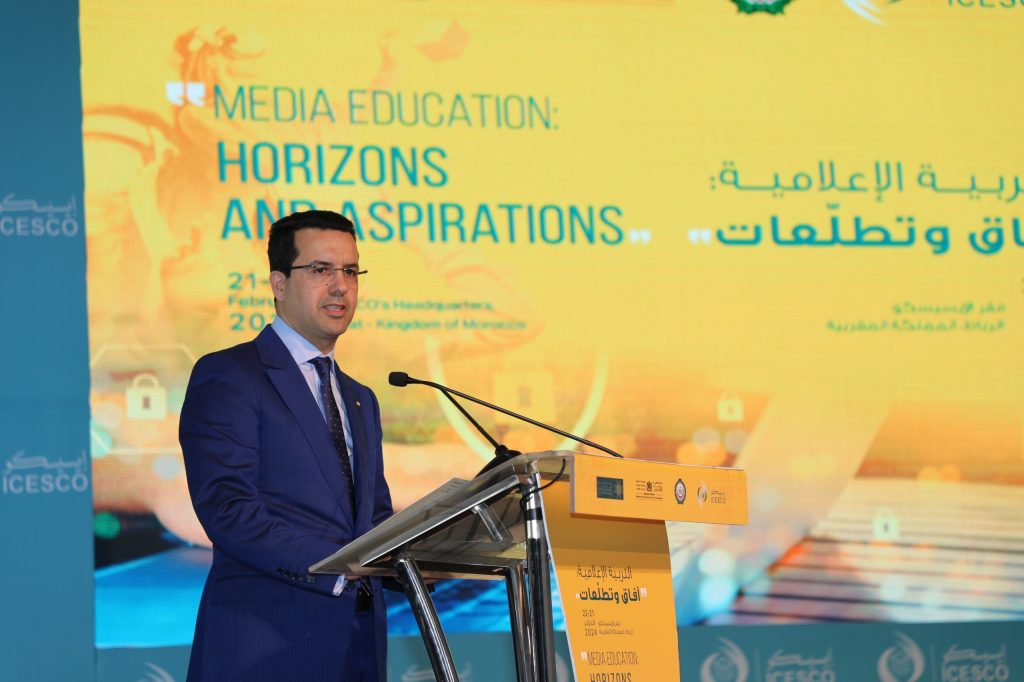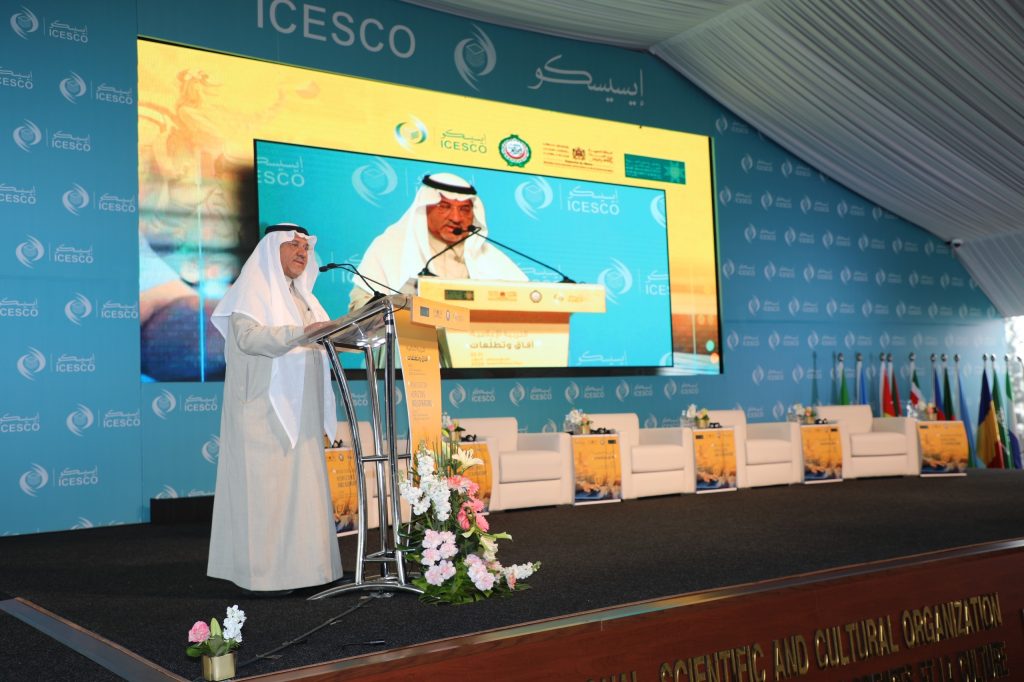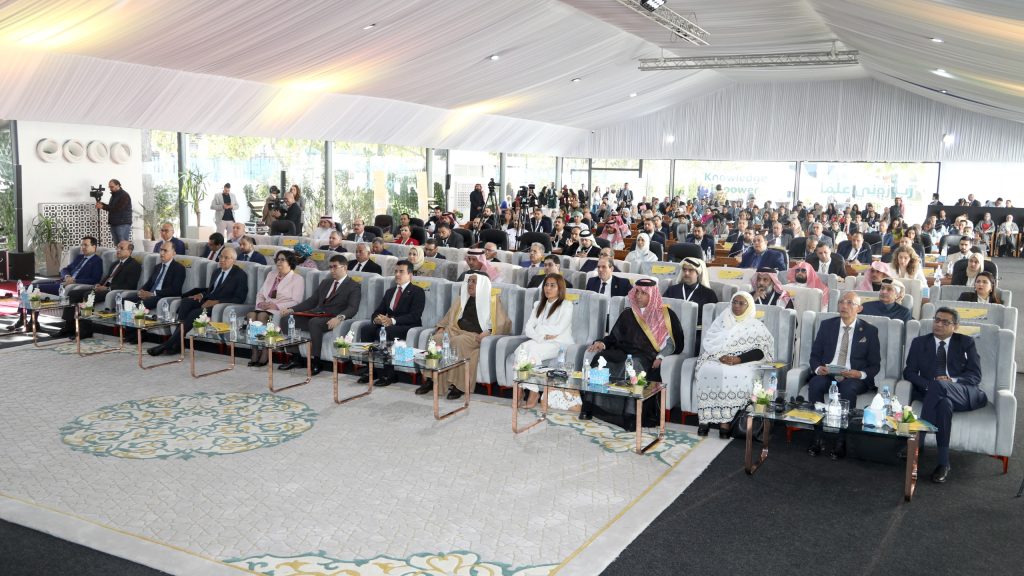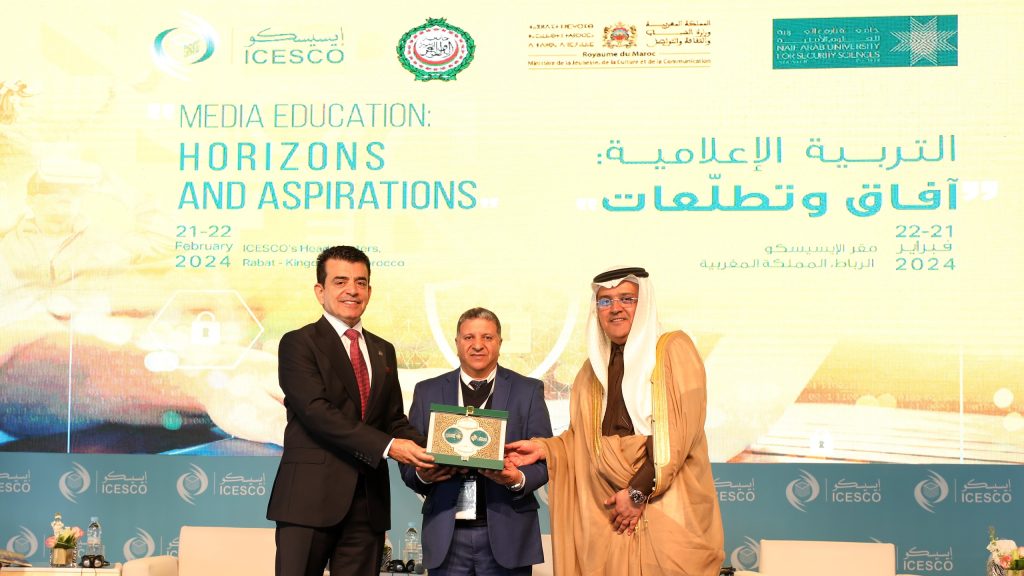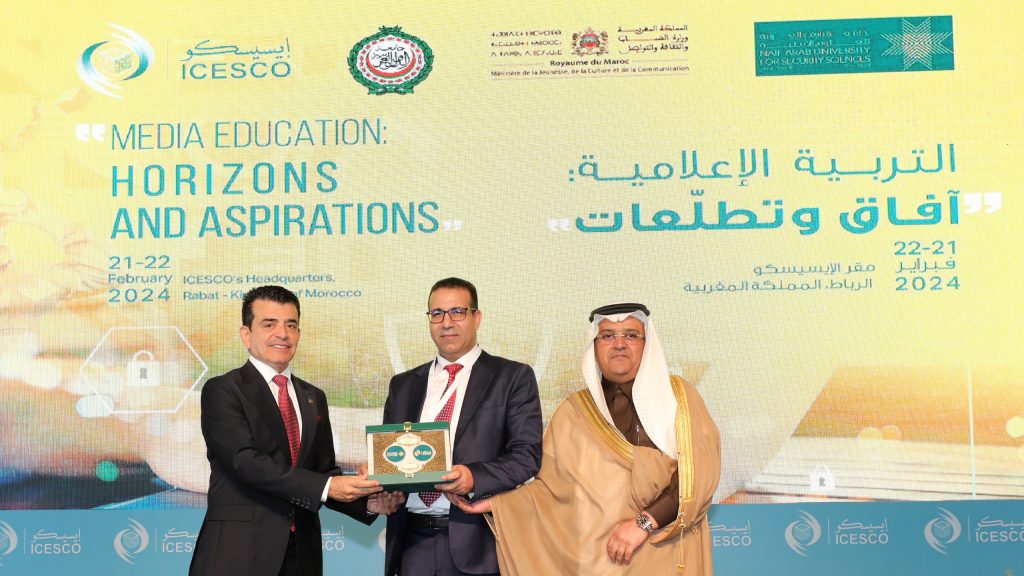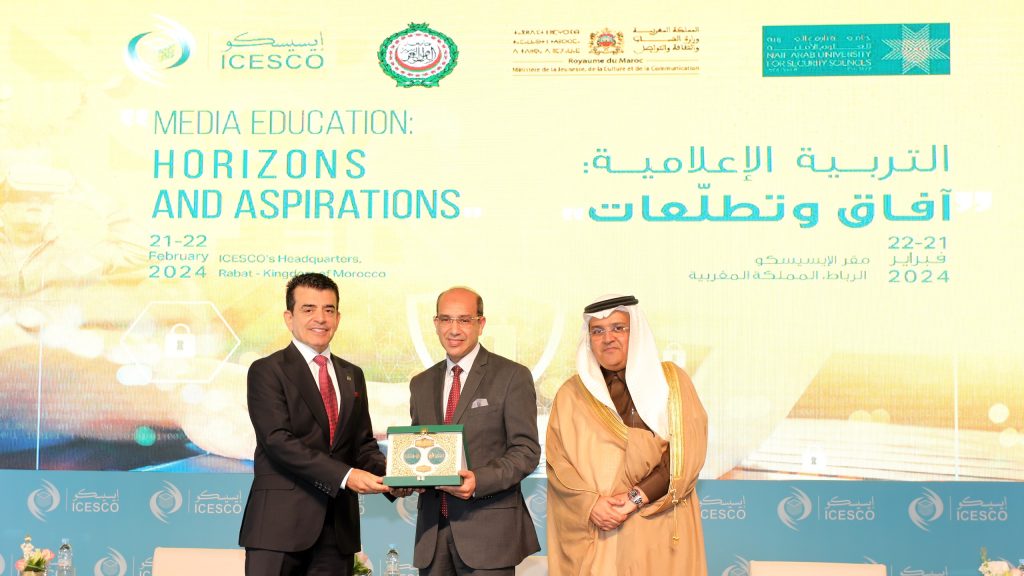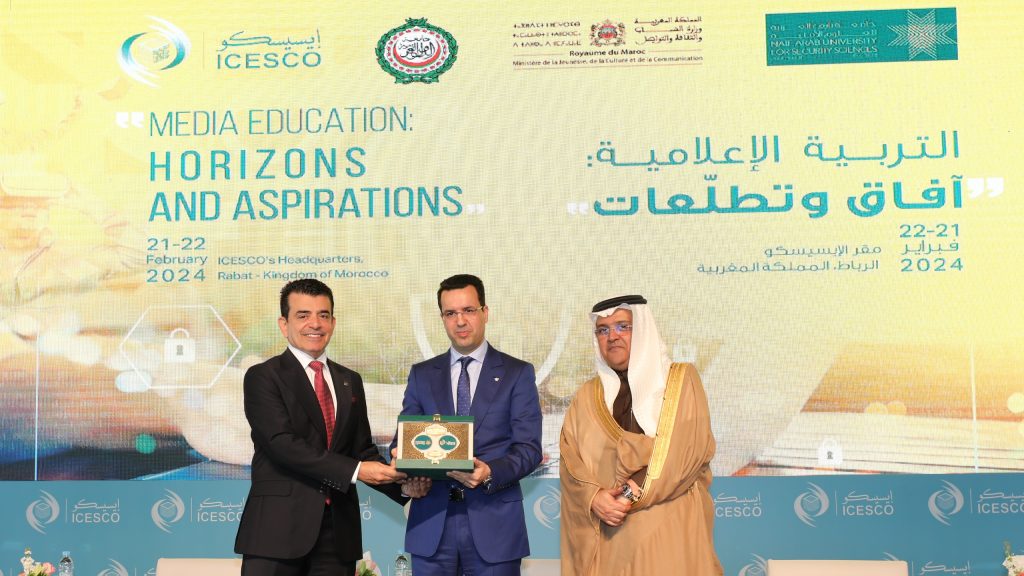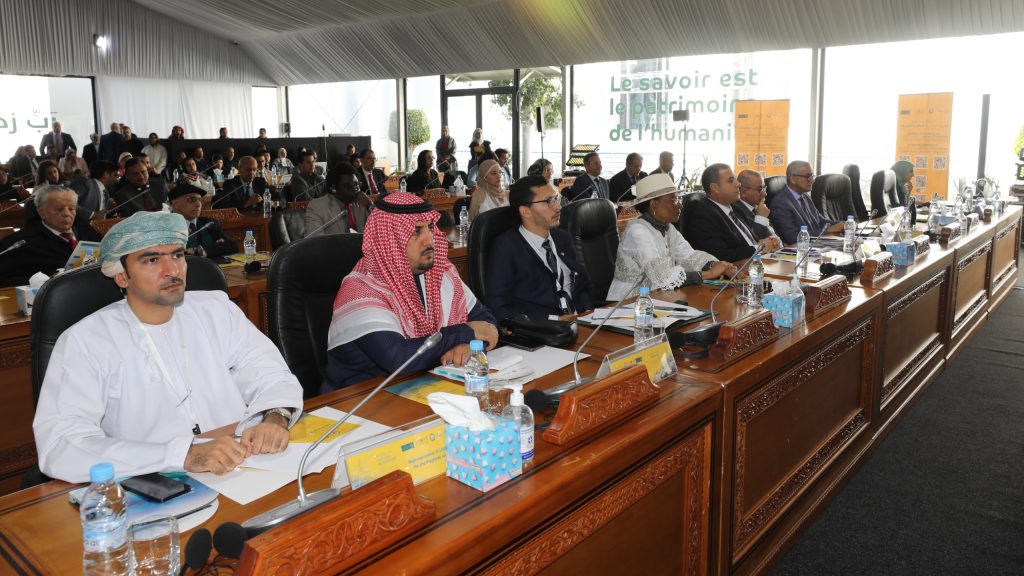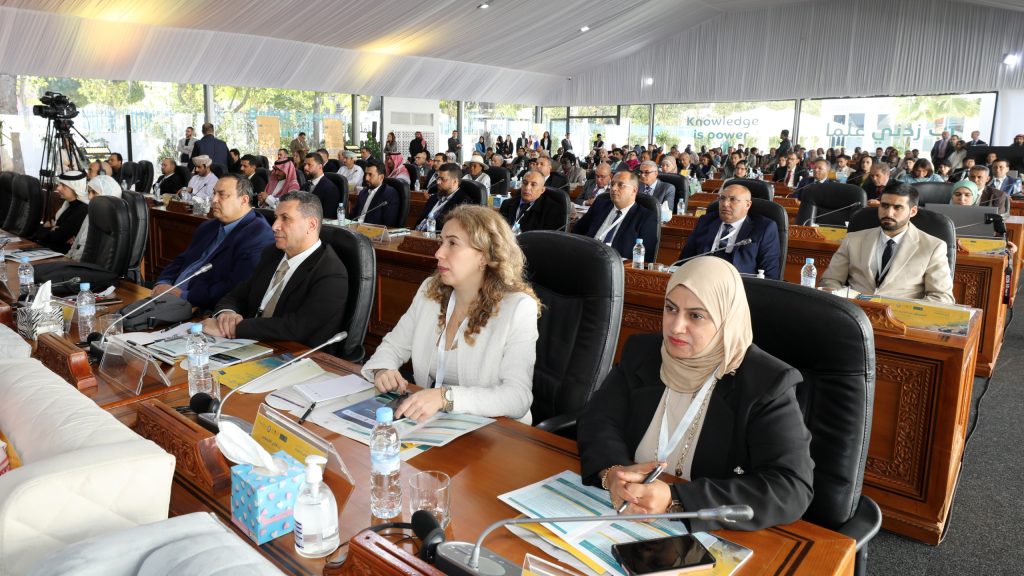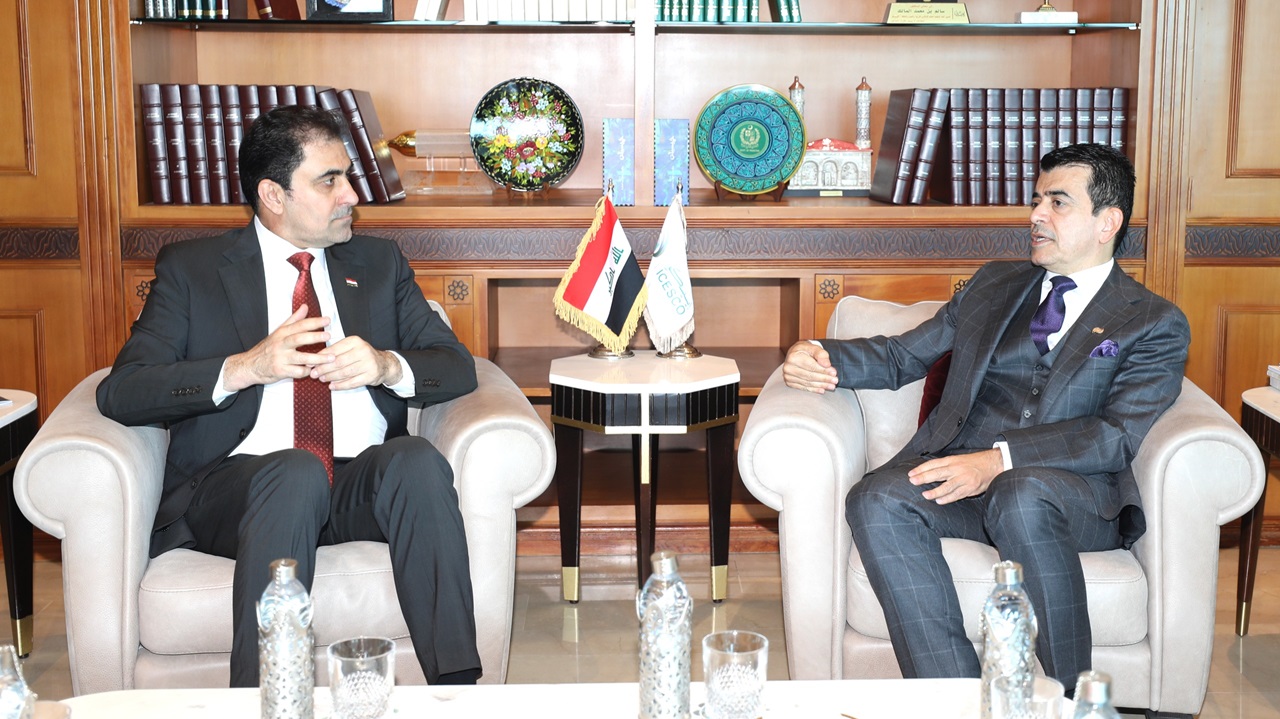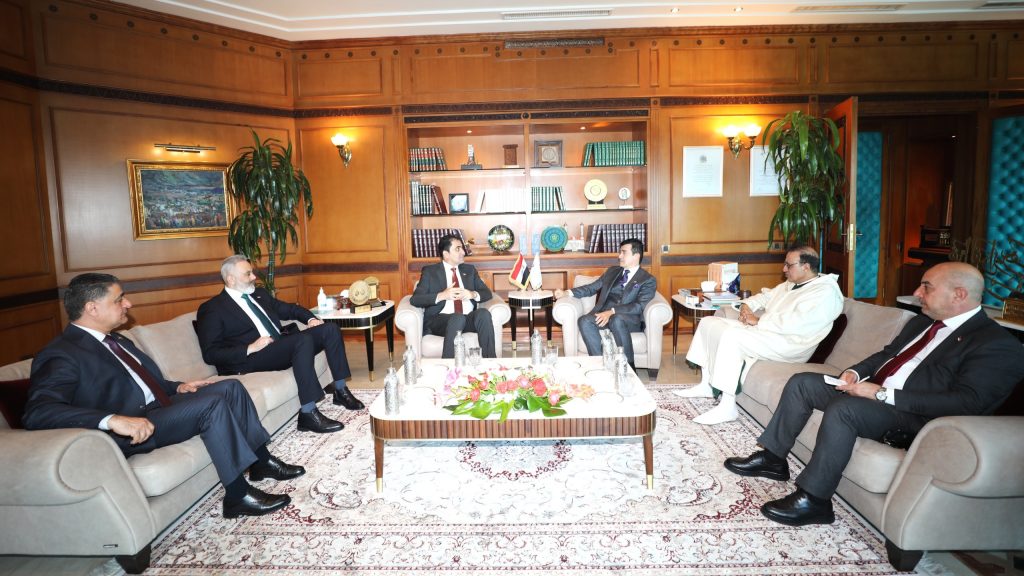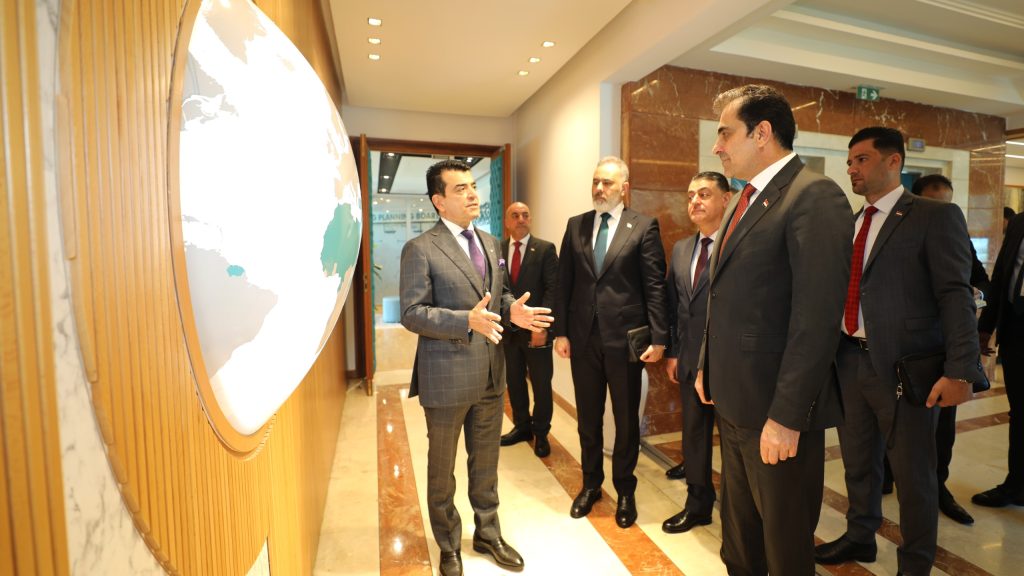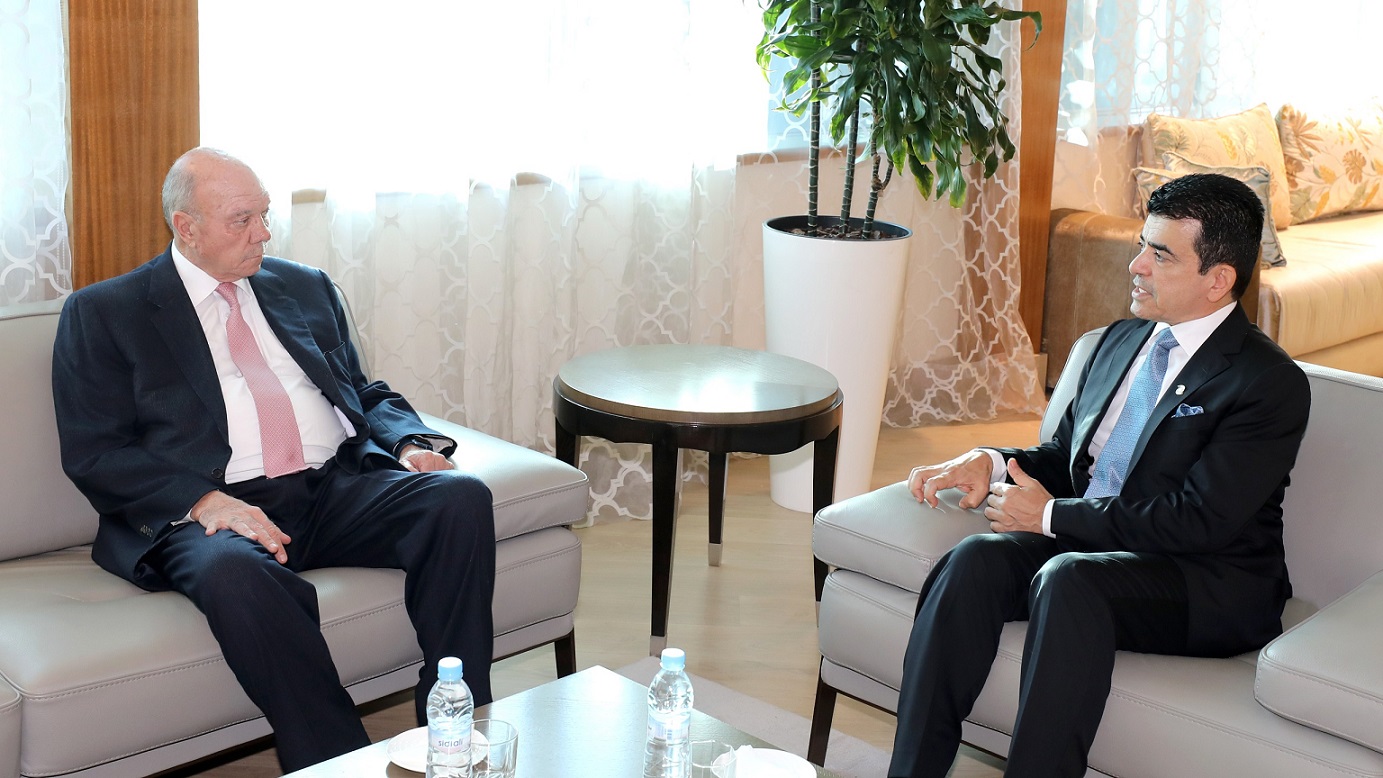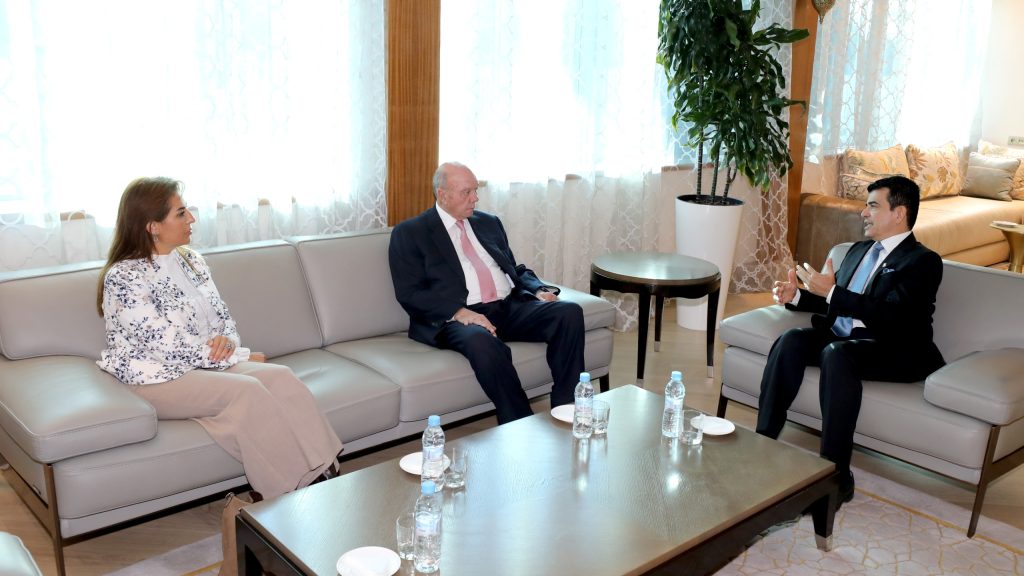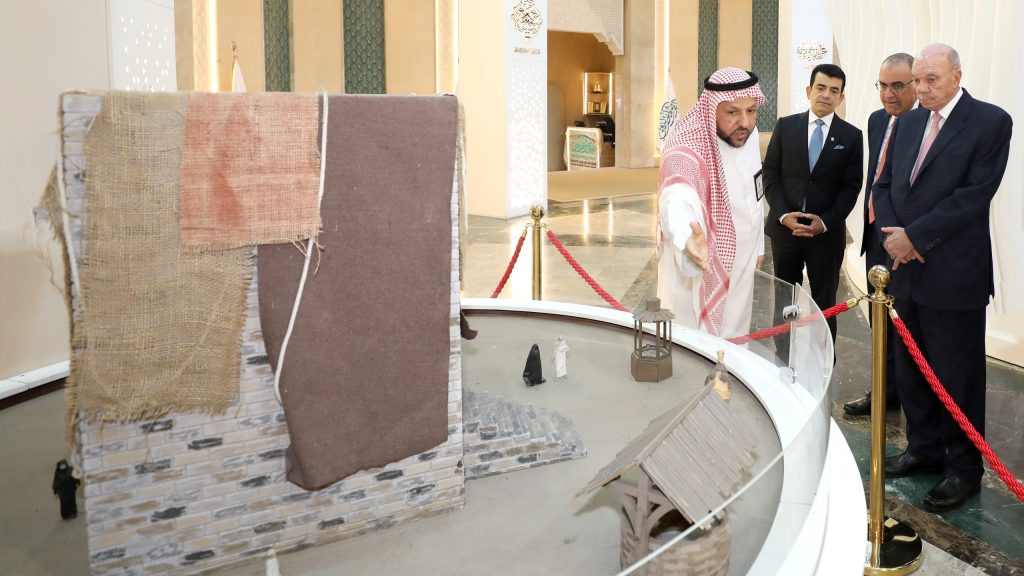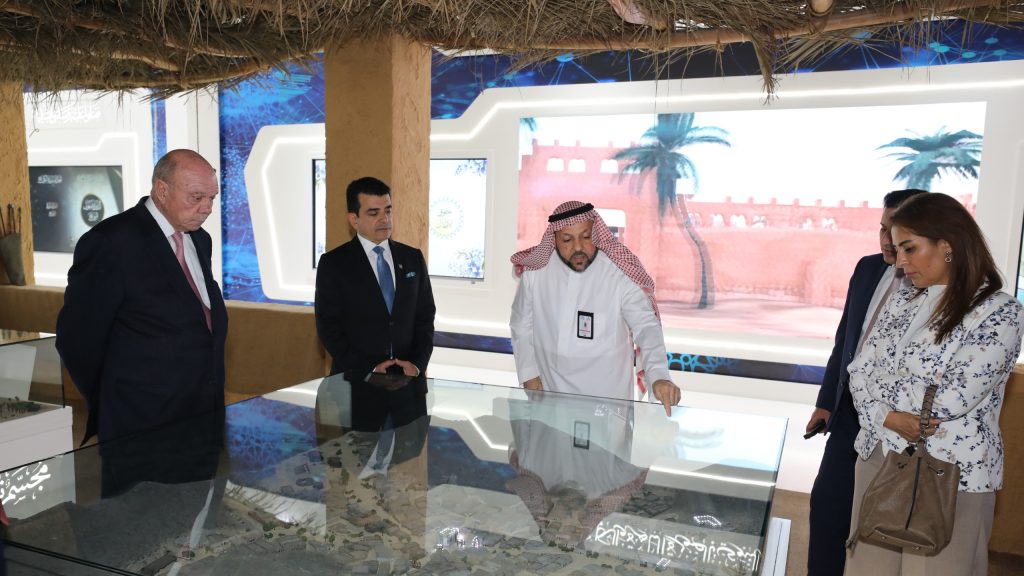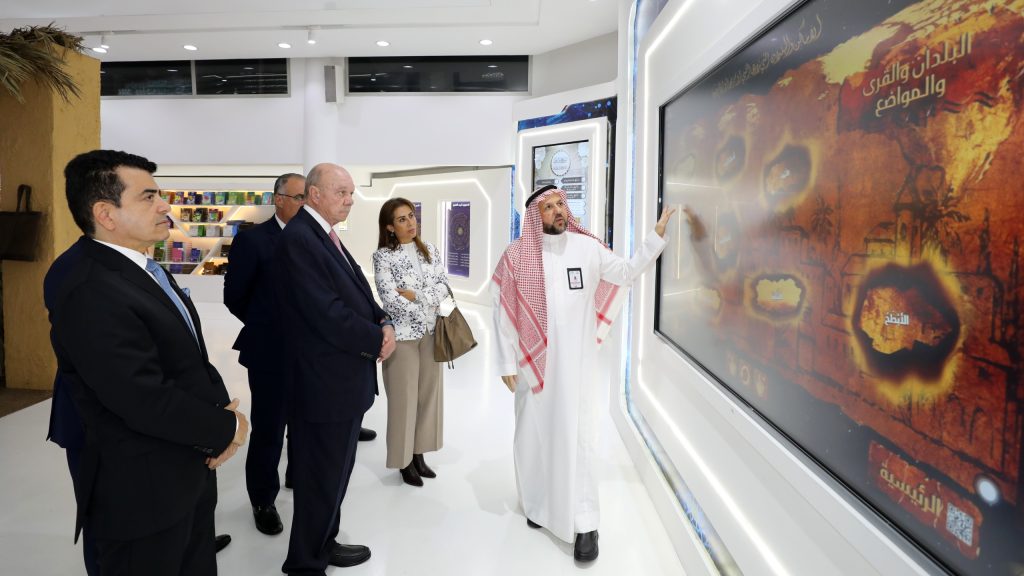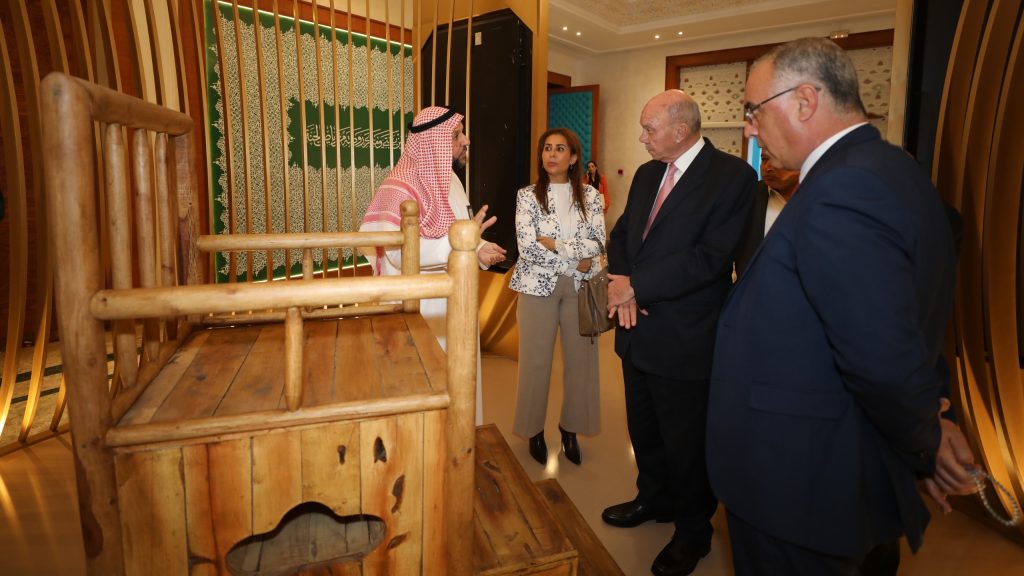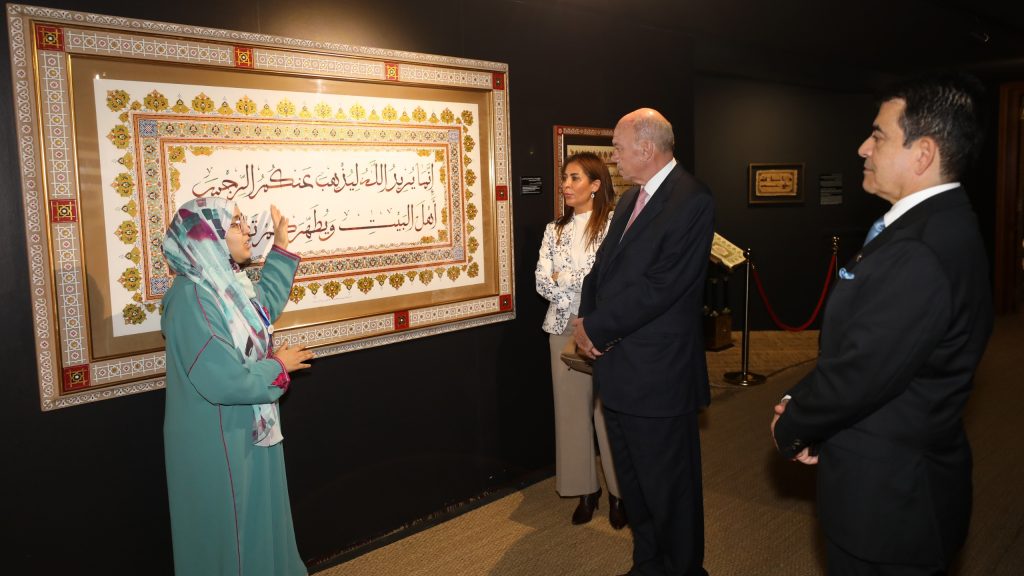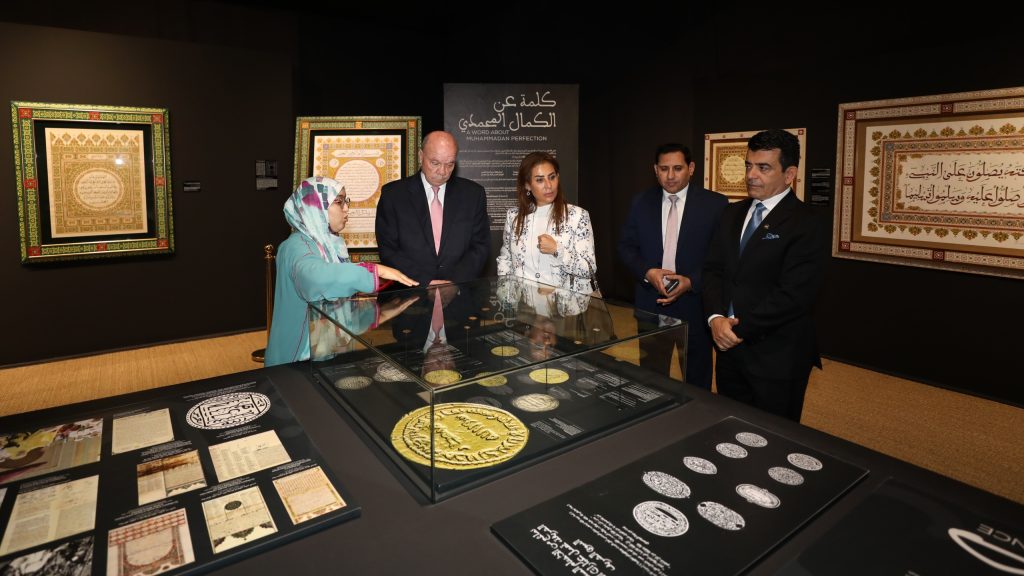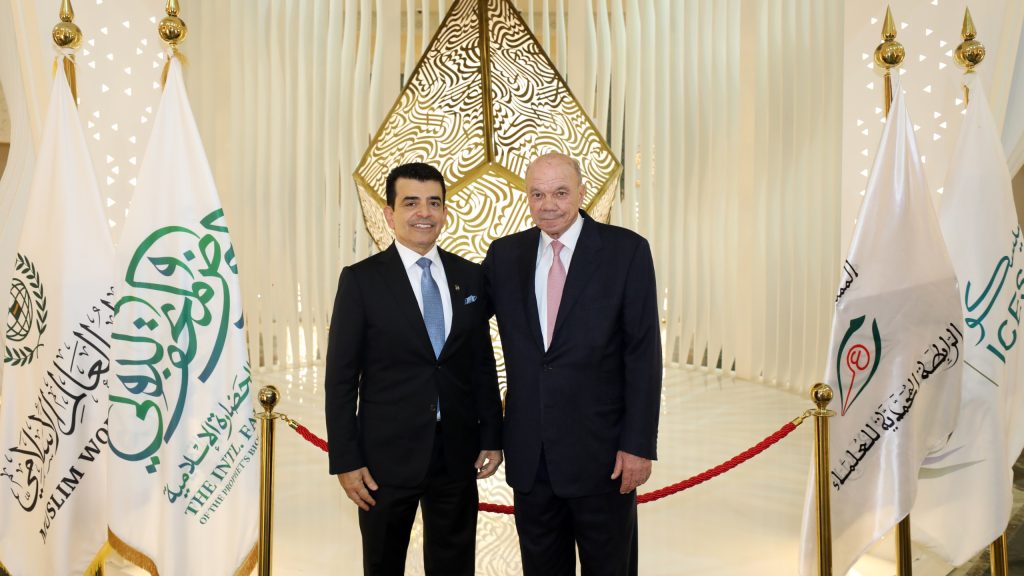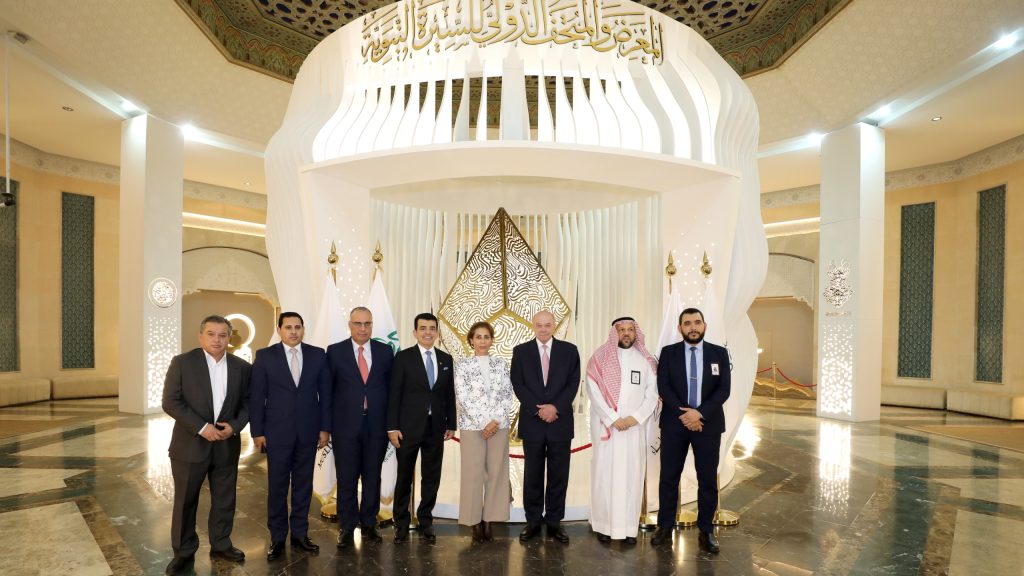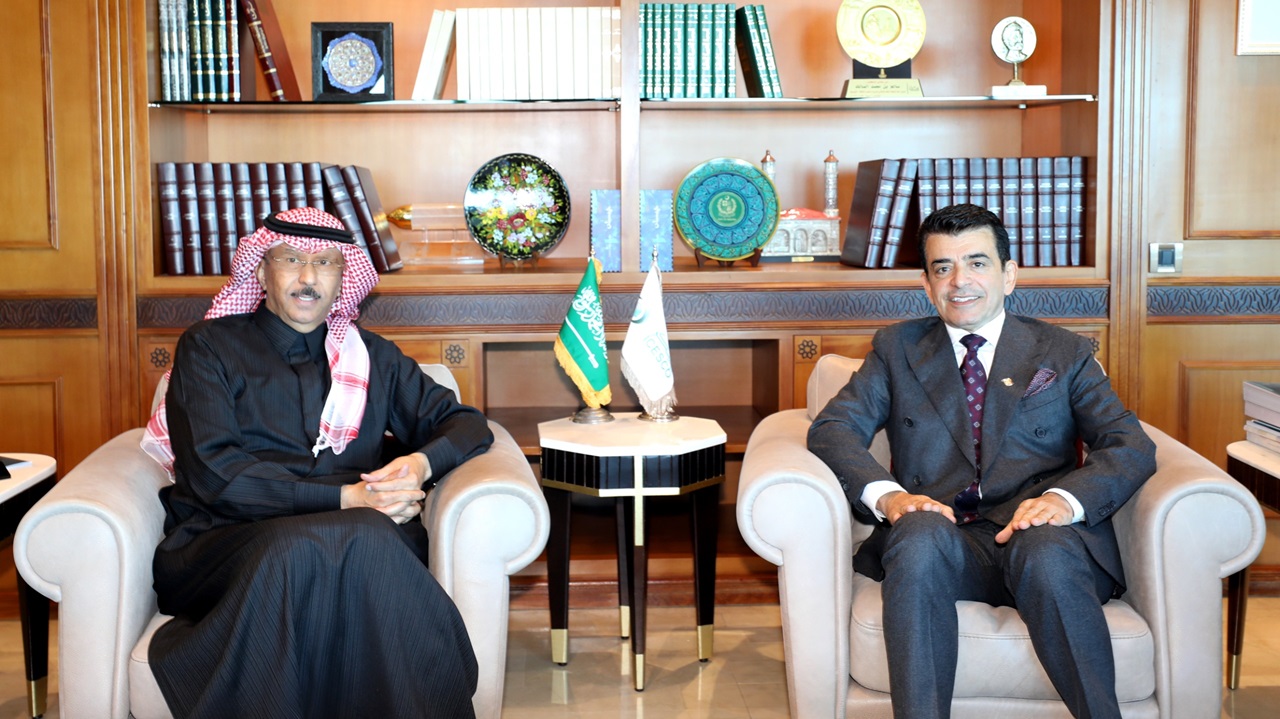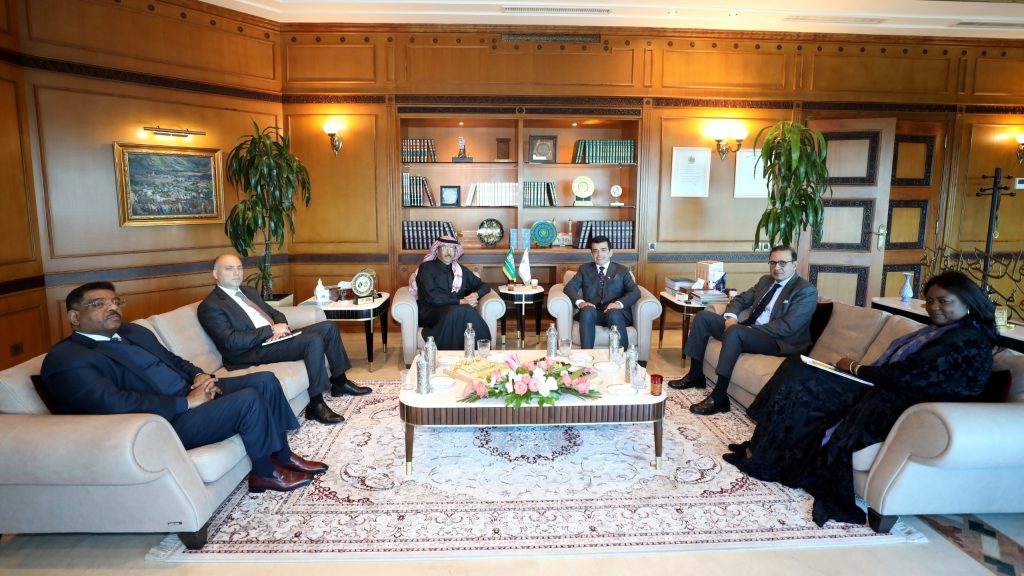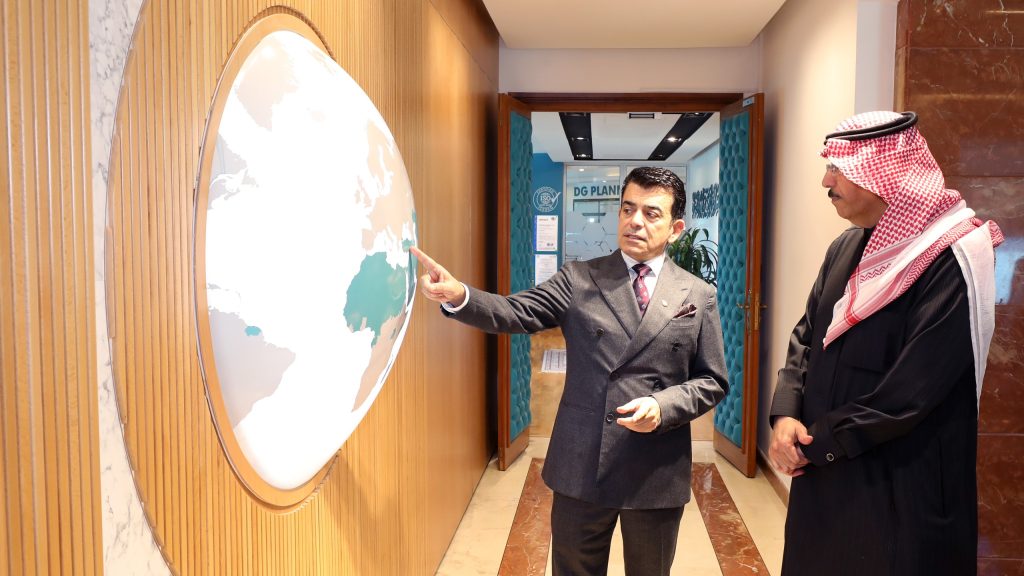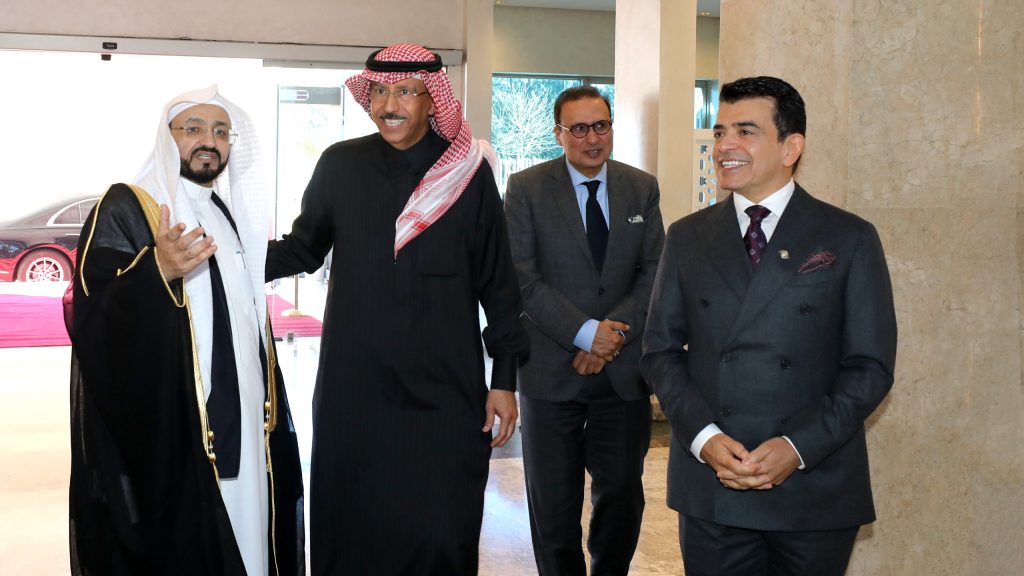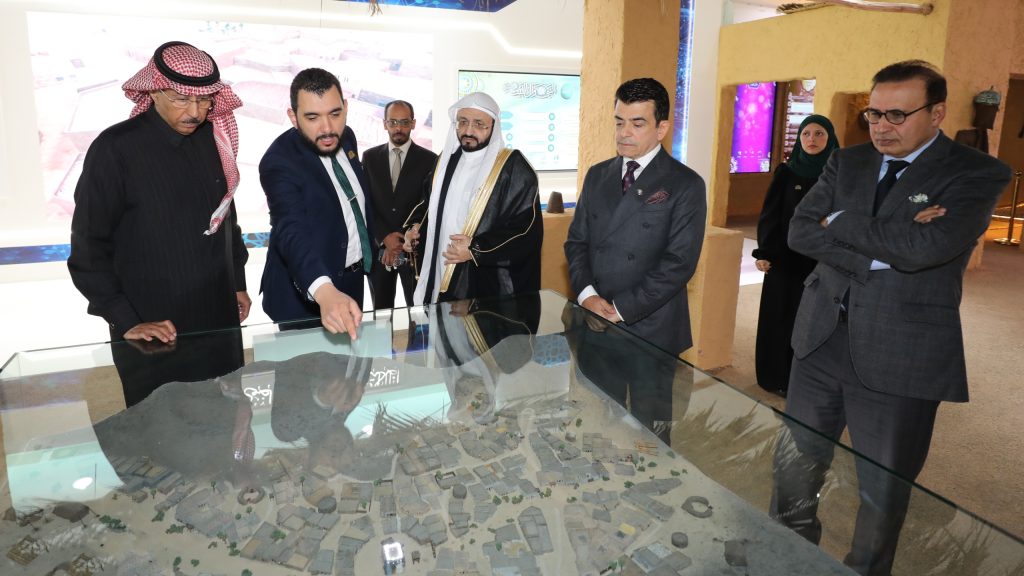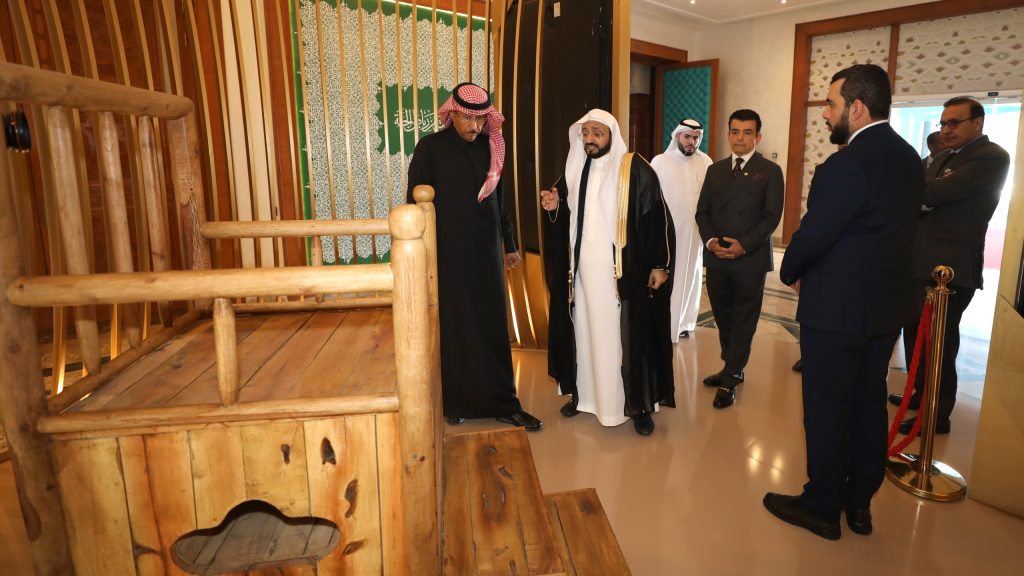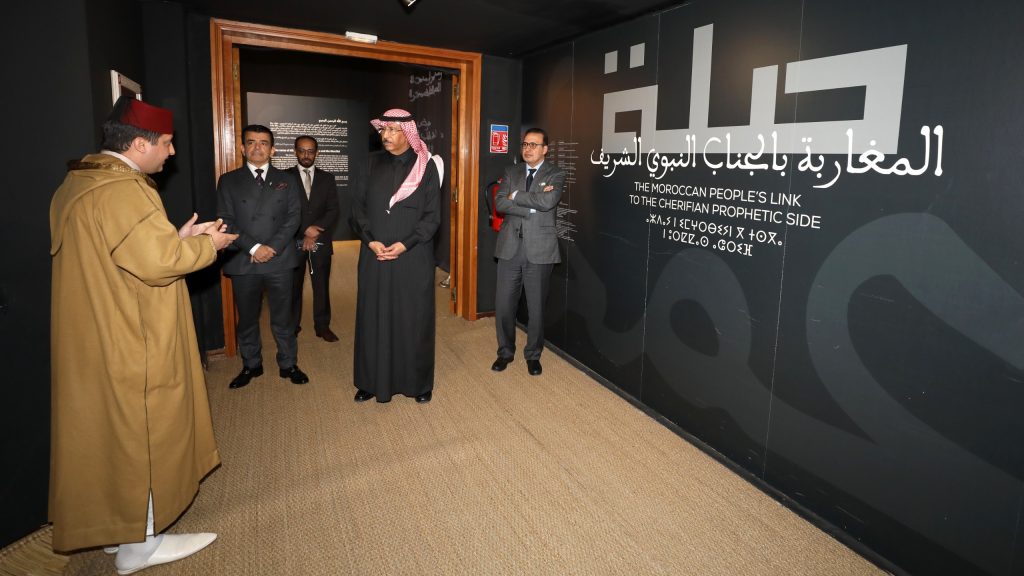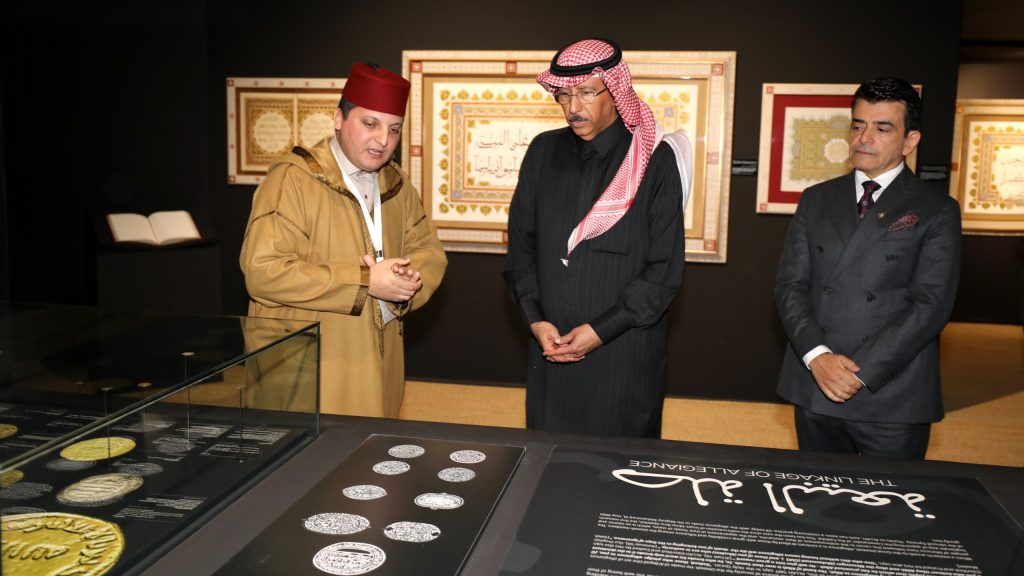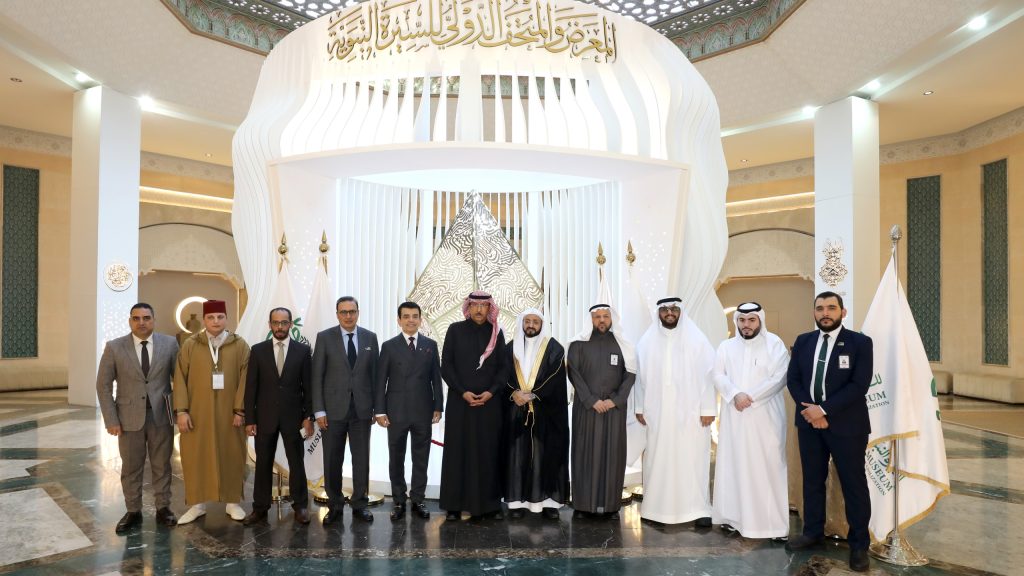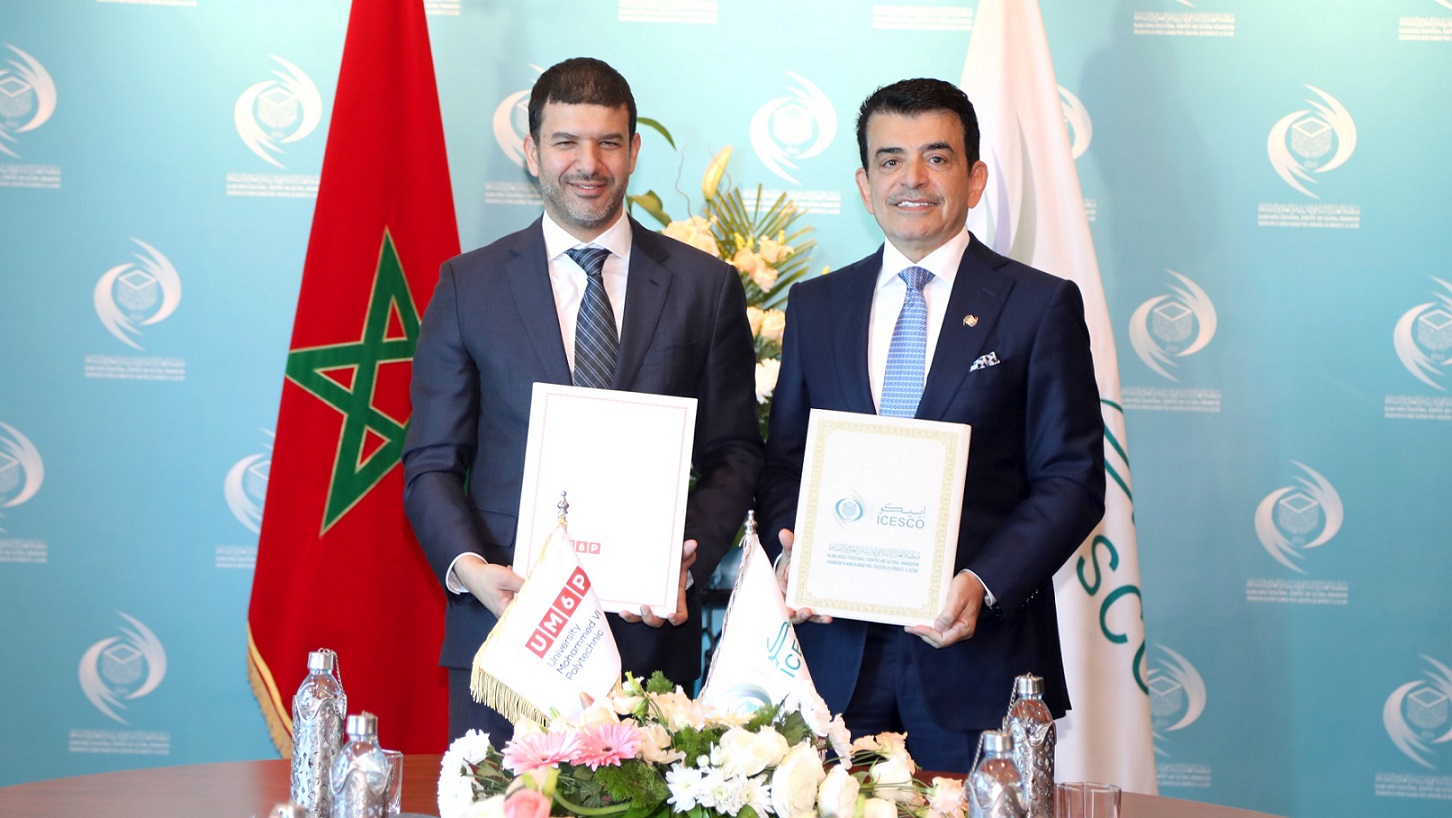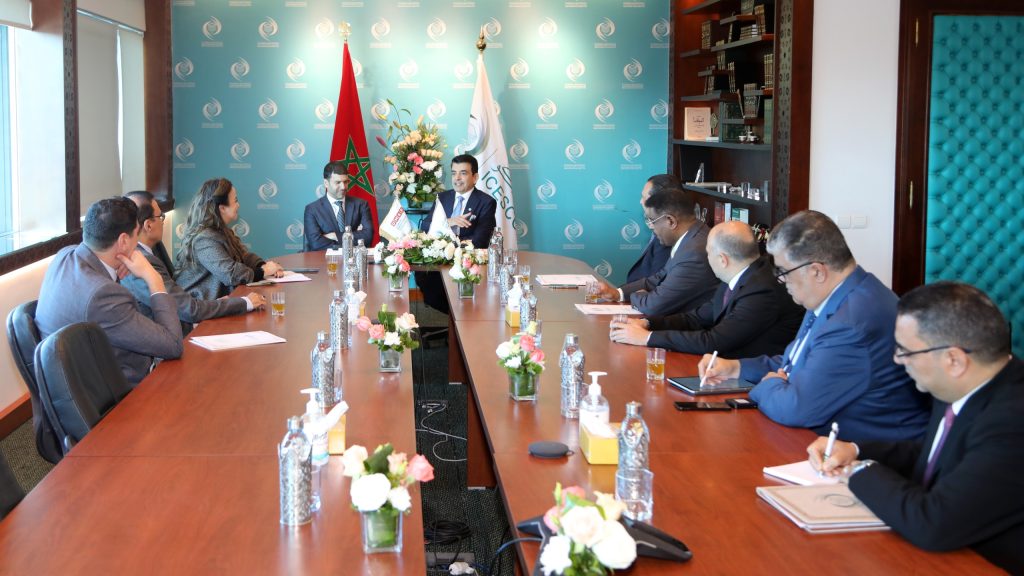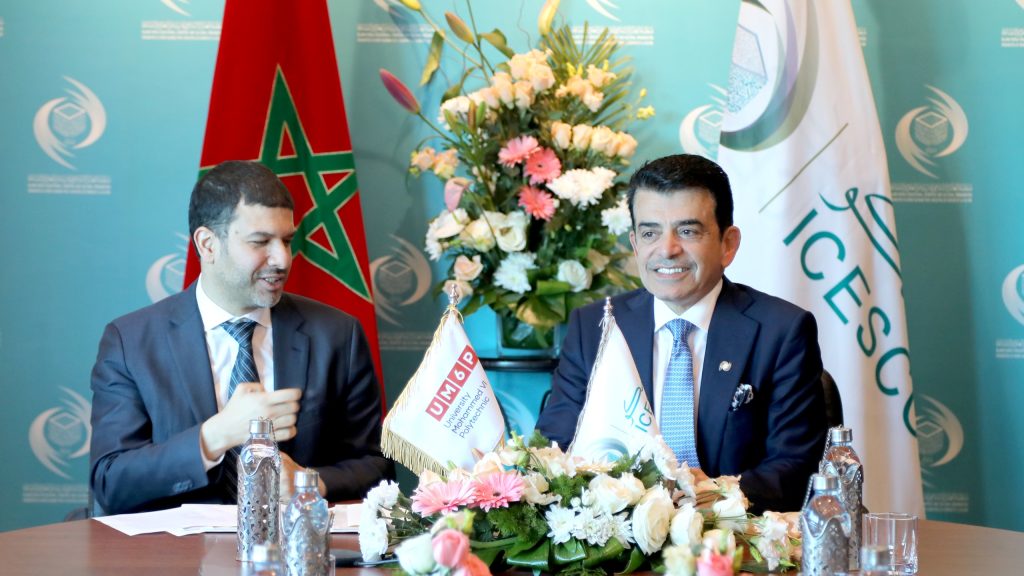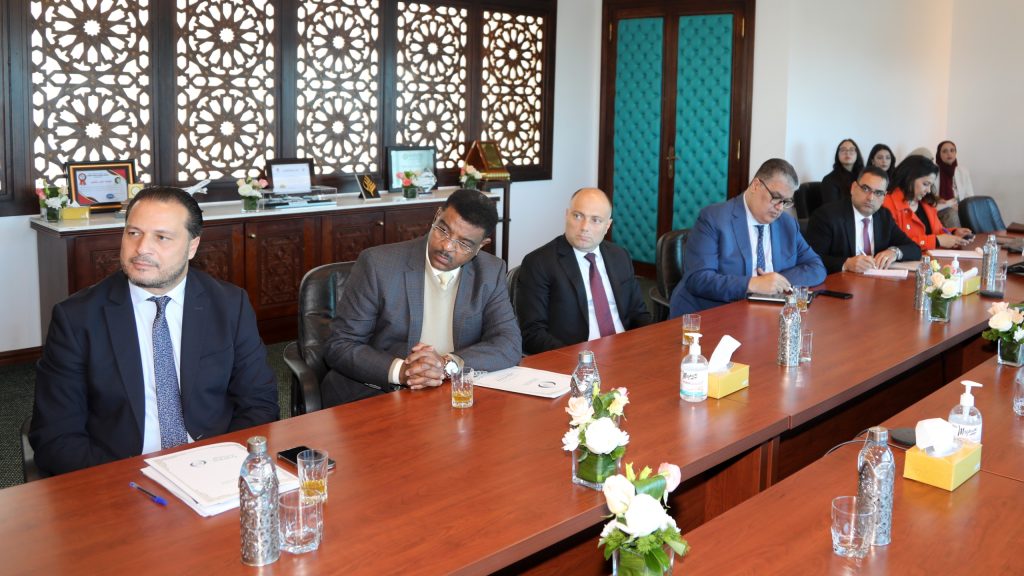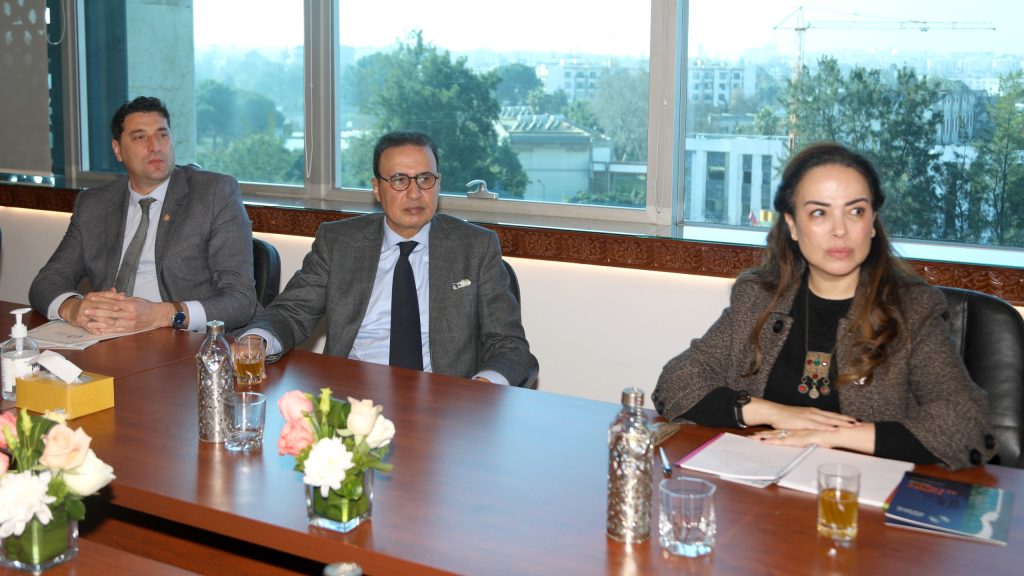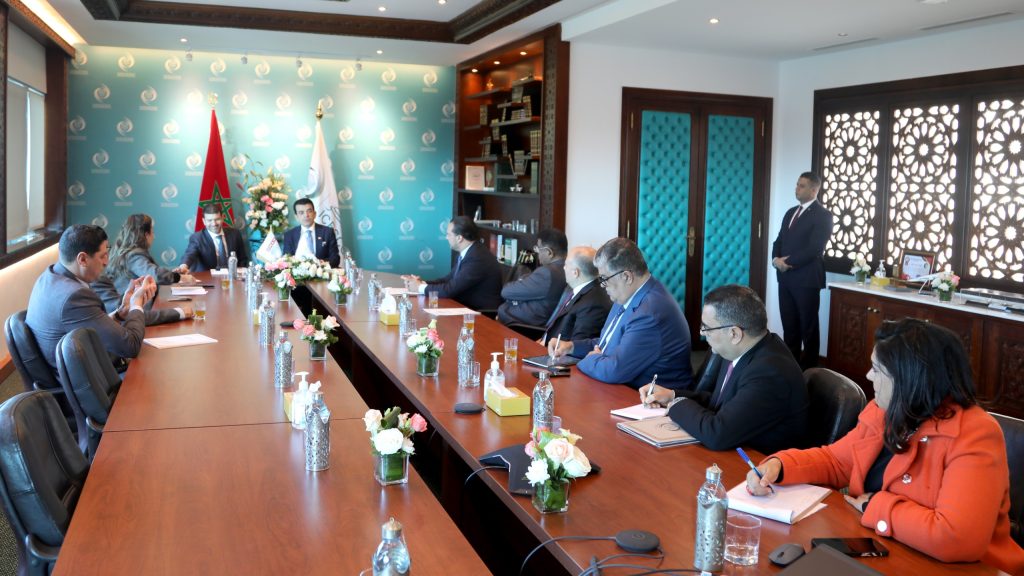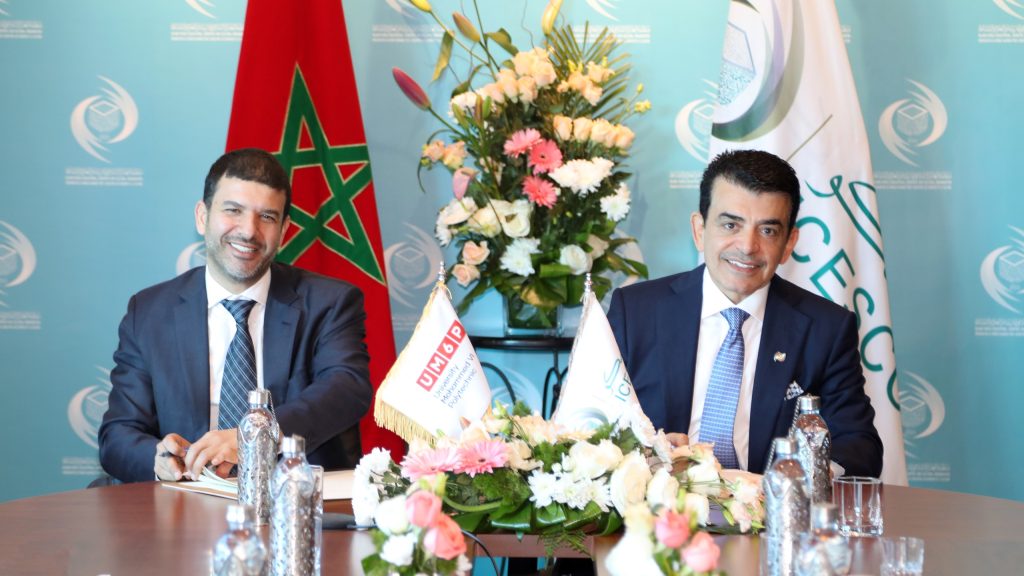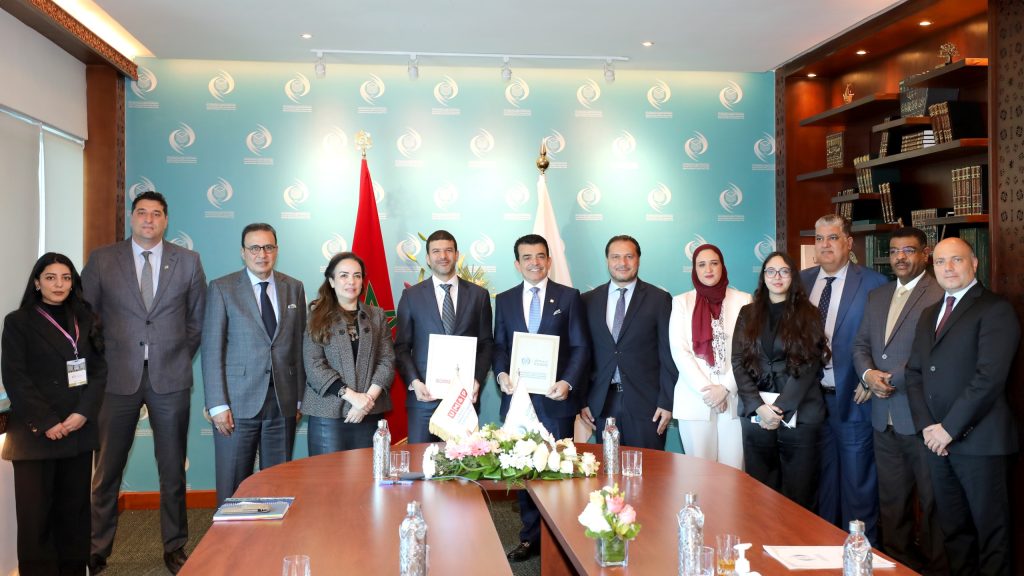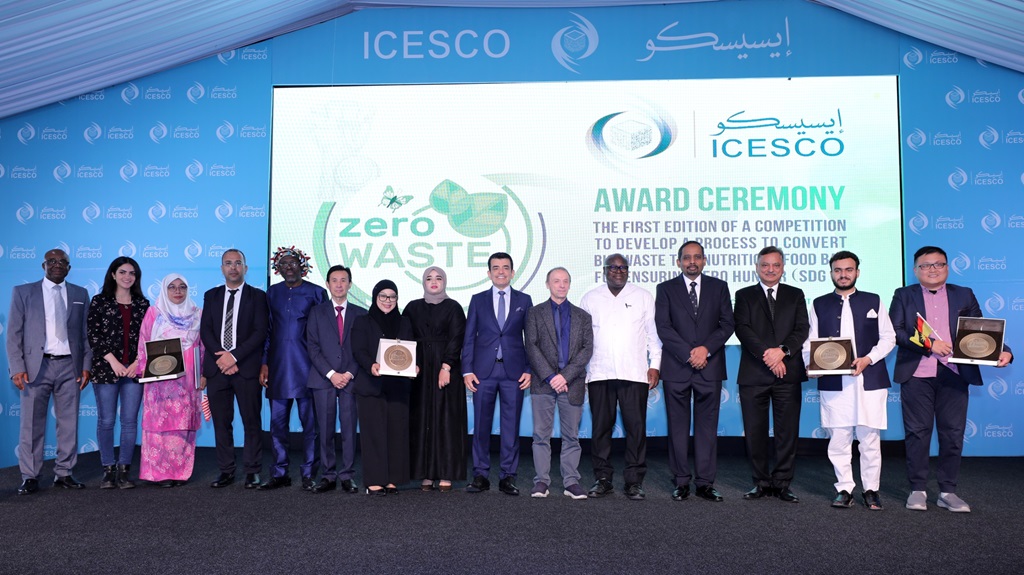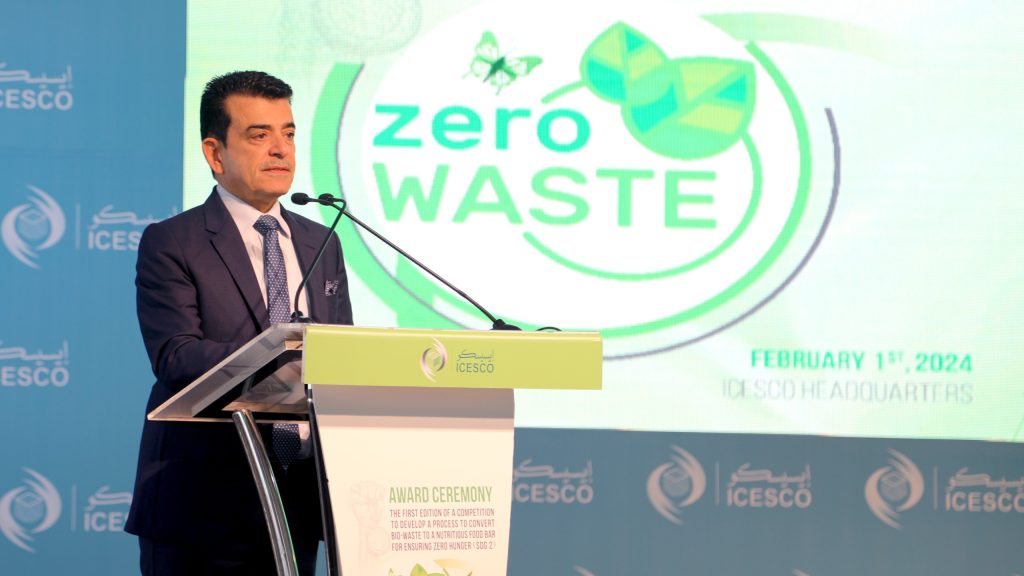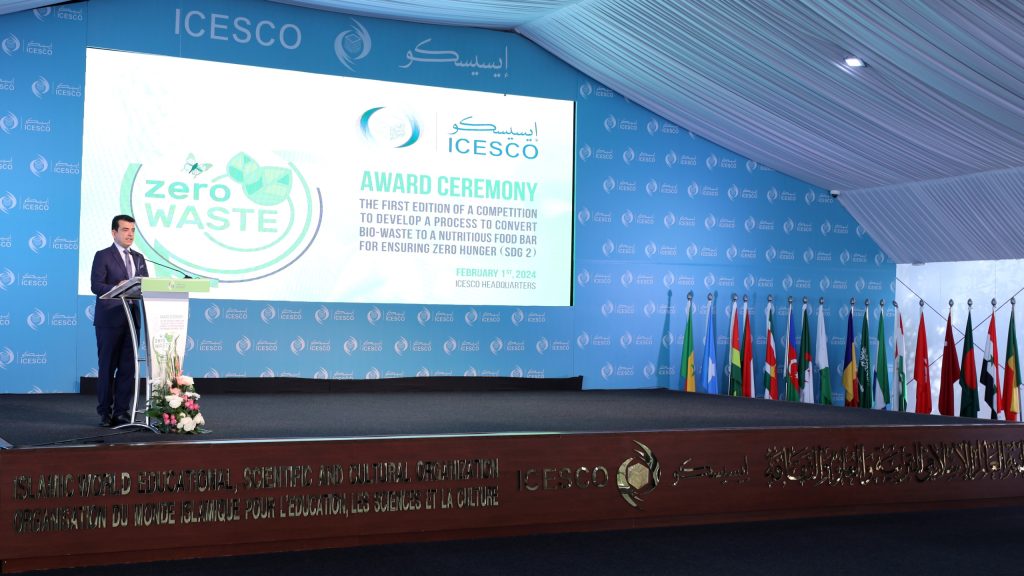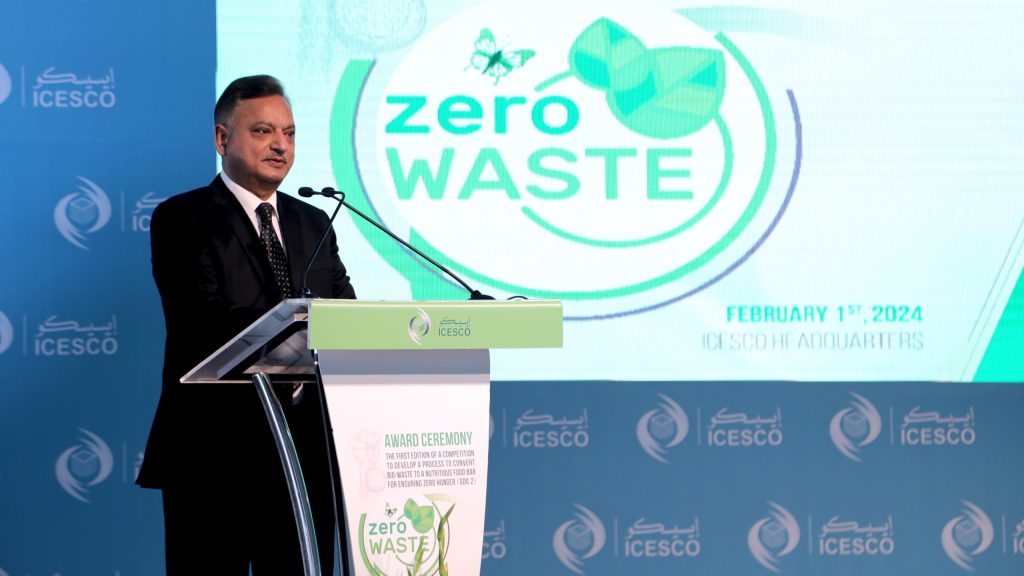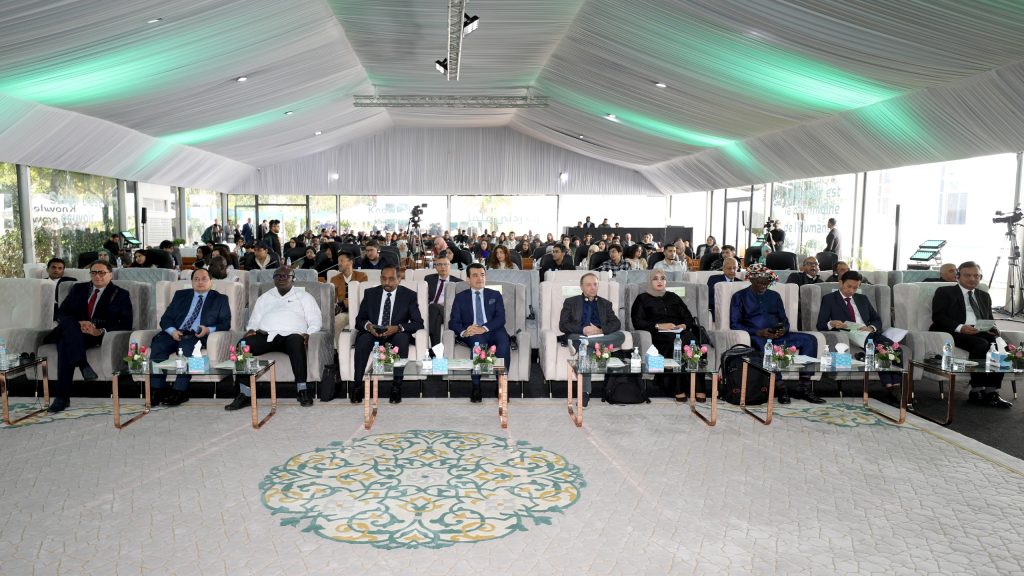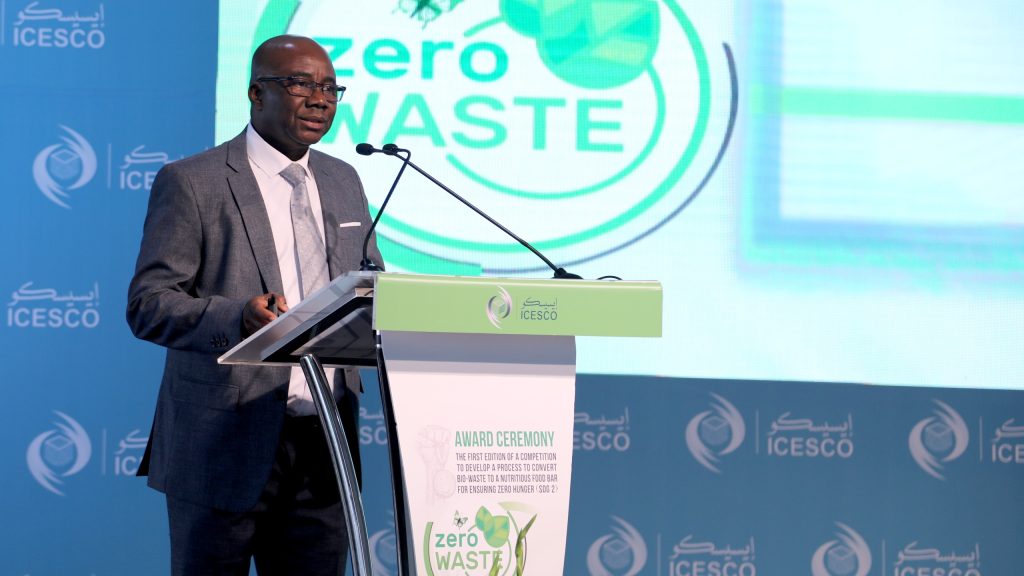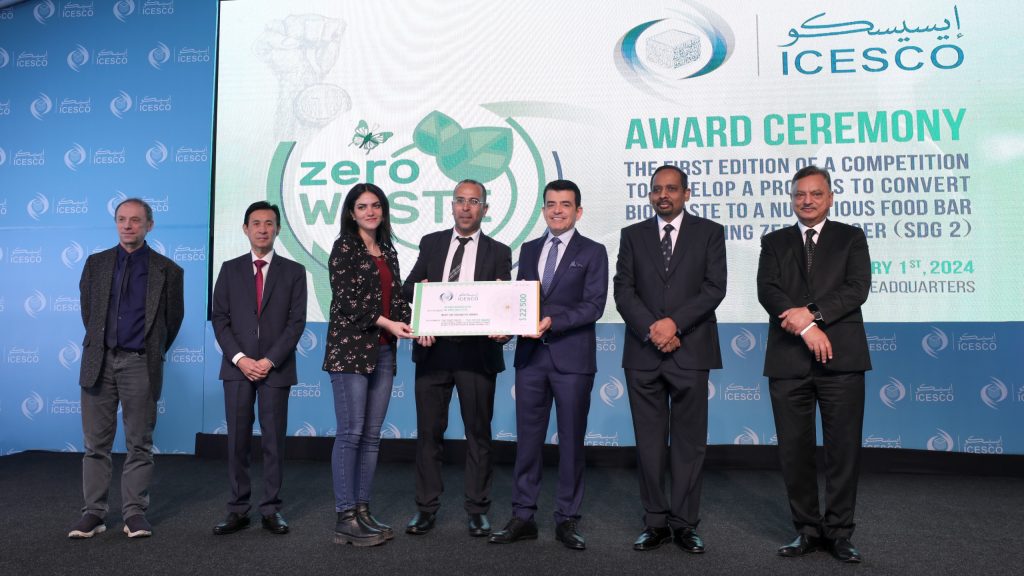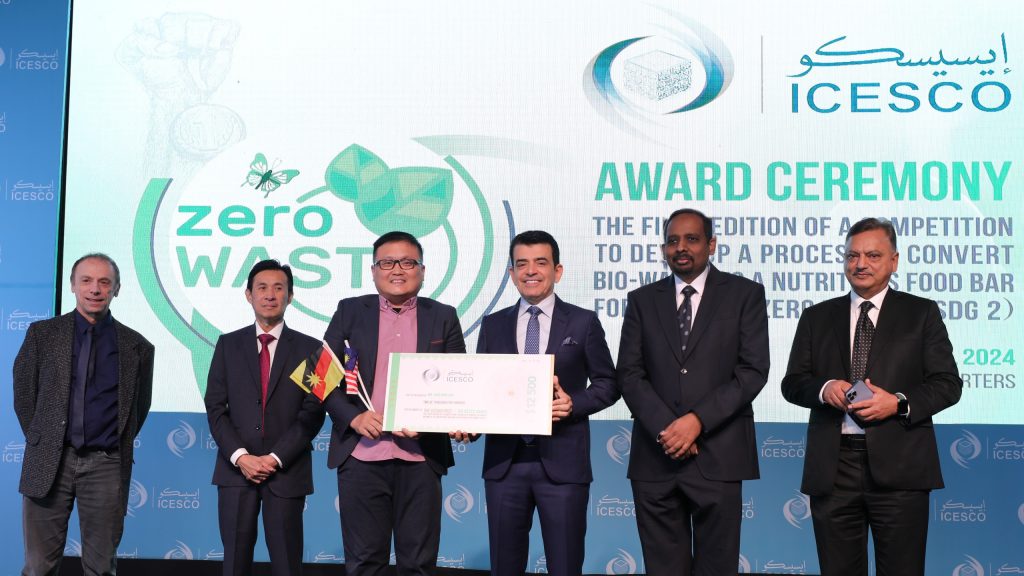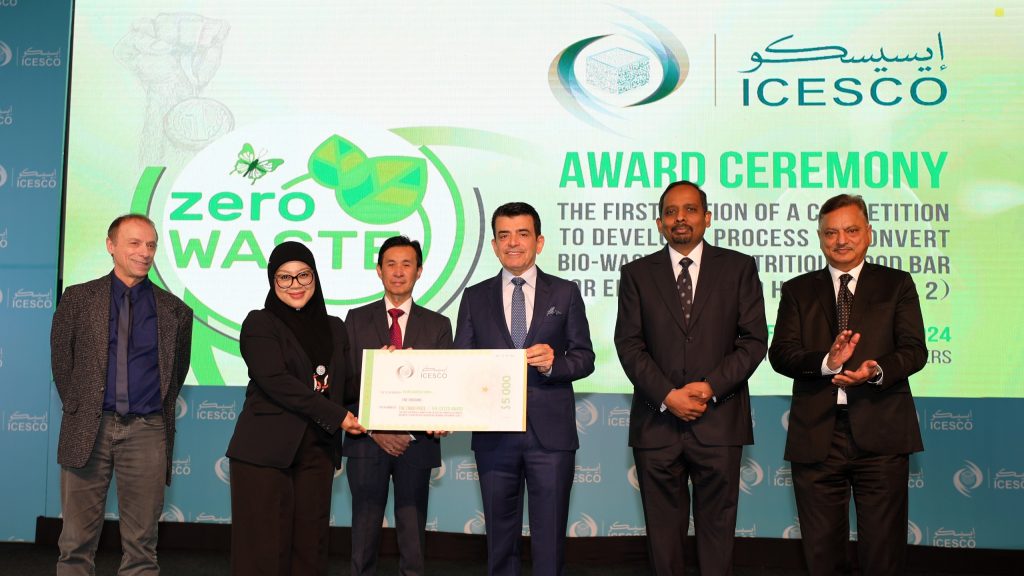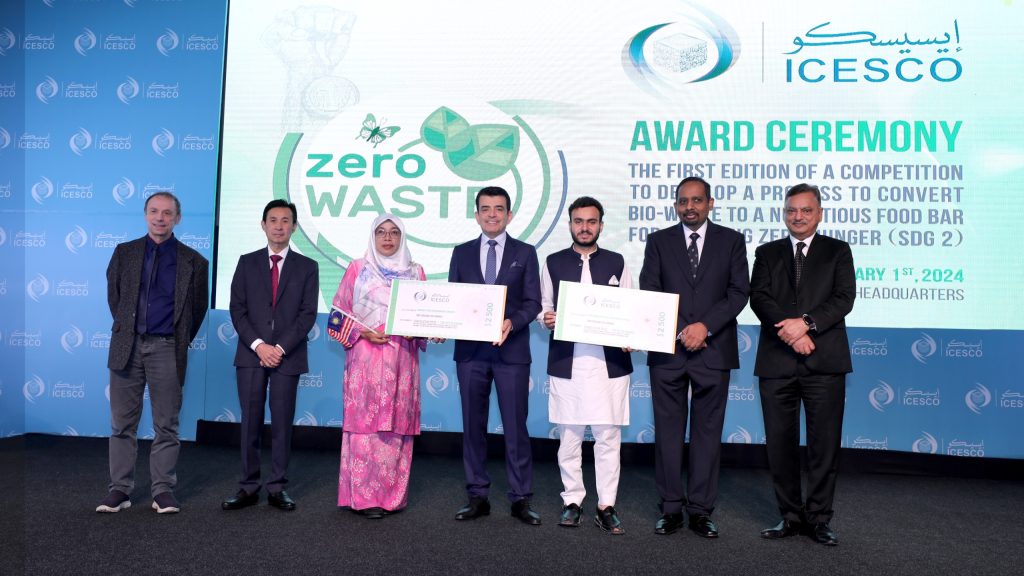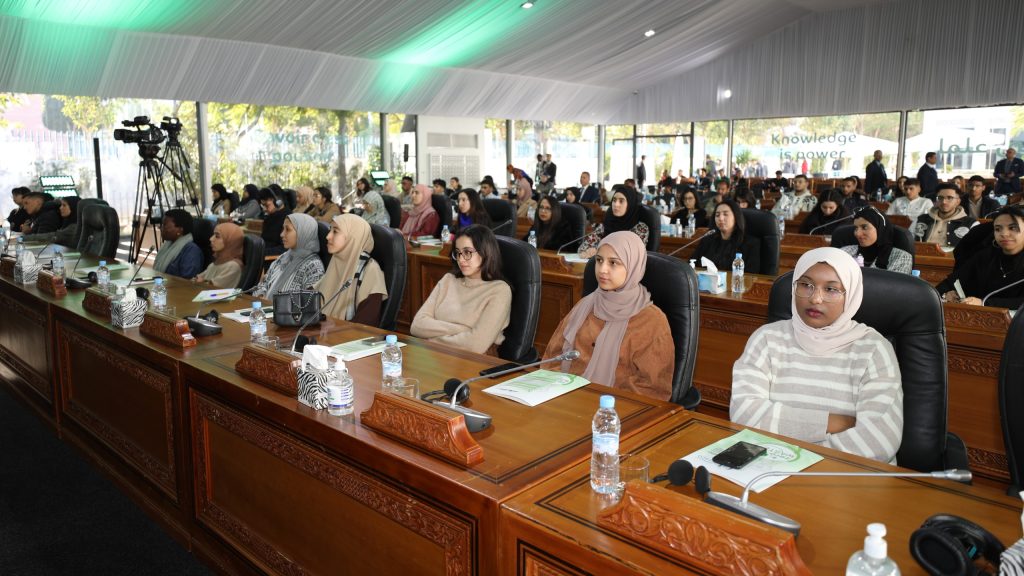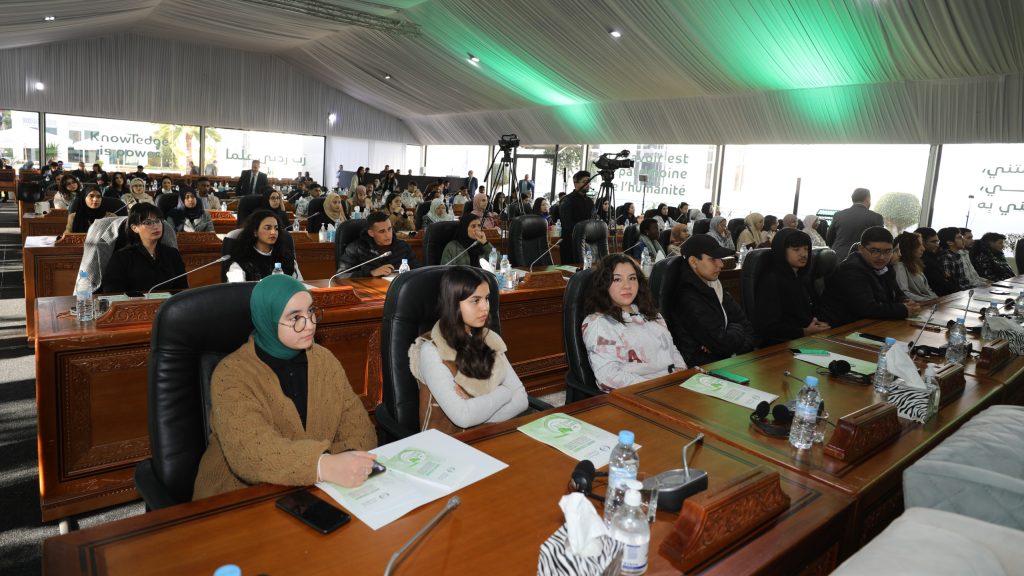Dr. Salim M. AlMalik, Director-General of the Islamic World Organization for Education, Science, and Culture (ICESCO), received Dr. Hervé Ndoum Essingone, Gabonese Minister of Higher Education, Scientific Research, and Technological Innovation, President of the Gabonese National Commission for Education, Science, and Culture, to discuss the recent advancements in the partnership between ICESCO and Gabon in areas of mutual interest.
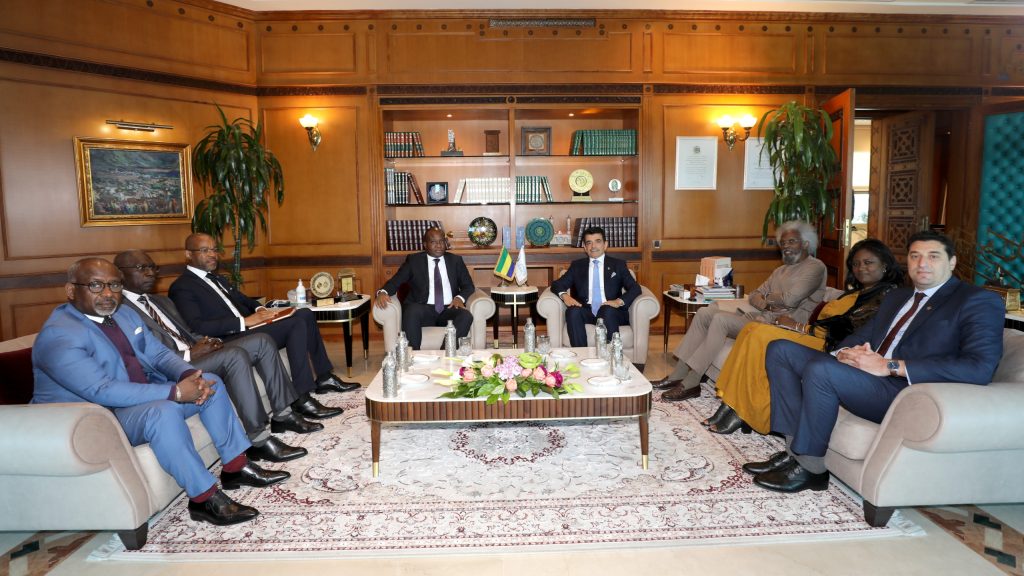
At the outset of the meeting, held on 27 February 2024, Dr. AlMalik warmly welcomed Dr. Essingone to ICESCO headquarters. In attendance were Mr. Sylver Aboubacar Minko Mi Nseme, Ambassador of the Gabonese Republic to Morocco, and the accompanying delegation of the Minister. Dr. AlMalik expressed gratitude for the gracious reception he received during his recent visit to the capital, Libreville. He highlighted the successful meeting he had with General Brice Oligui Nguema, Transitional President of Gabon, which marked a promising start to the cooperation between ICESCO and Gabon in the fields of education, science, and culture.
The Gabonese Minister expressed his appreciation to ICESCO and its Director-General for their keenness to cooperate with his country, stating that his visit to the Organization was in line with the instructions of the President of Gabon to reaffirm the commitment to a fruitful partnership with ICESCO, as previously agreed.
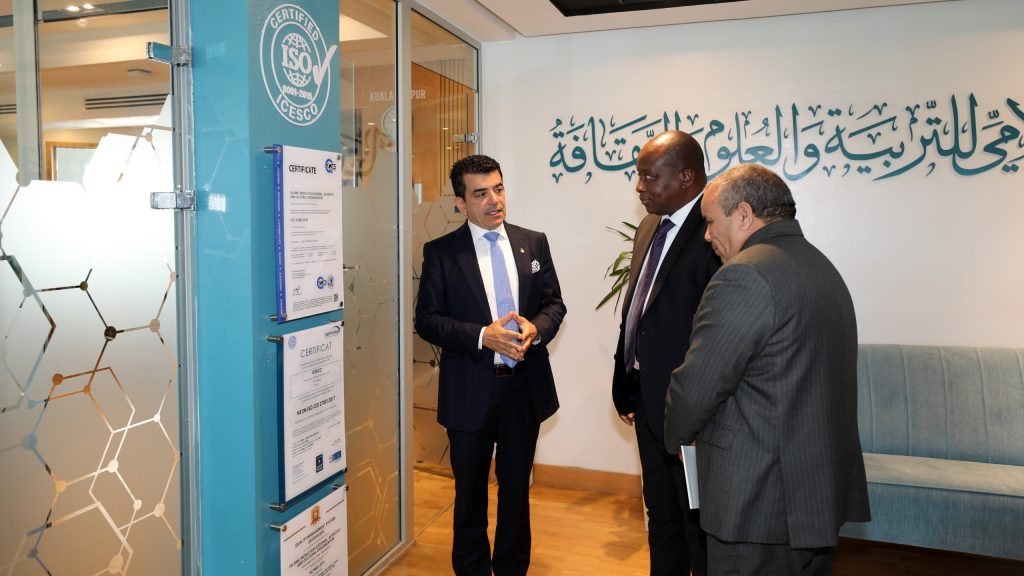
The meeting explored various proposals to enhance the partnership between ICESCO and Gabon, including organizing a meeting for the First Ladies in Libreville, hosting ICESCO’s forthcoming Executive Council meeting in Gabon, and collaborating to prepare for the Summit of the Future scheduled at the United Nations headquarters in New York in September. Additionally, the discussions tackled supporting Gabon’s strategy to promote culture, enhance cultural establishments nationwide, and contribute to the modernization of educational institutions.
At the end of the meeting, both parties agreed to form a joint working team to continue coordinating, developing executive plans, and monitoring the programs and projects of cooperation between ICESCO and Gabon.
Afterwards, an expanded meeting took place involving the Gabonese Minister, his accompanying delegation, and the heads of sectors, centers, and departments at ICESCO. During this meeting, they reviewed the Organization’s ongoing initiatives and programs, as well as ICESCO’s strategic plan for 2024 and 2025. Additionally, they discussed and identified Gabon’s priorities and needs in the areas of education, science, and culture.
Subsequently, Dr. AlMalik accompanied the Gabonese Minister to visit the halls of the International Exhibition and Museum of the Prophet’s Seerah and Islamic Civilization, currently housed at the headquarters of ICESCO in partnership with the Muslim World League (MWL) and the Mohammedia League of Scholars.
